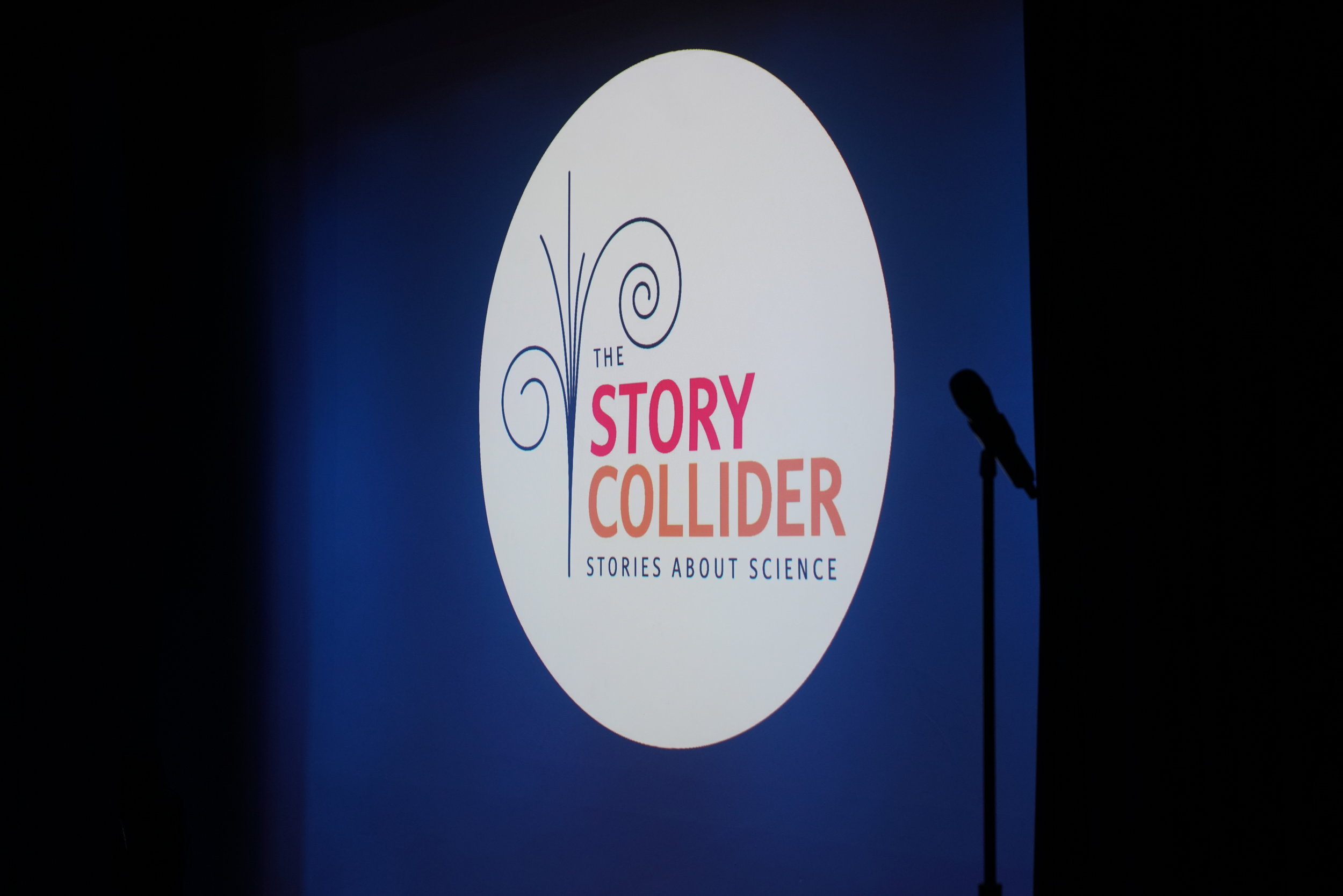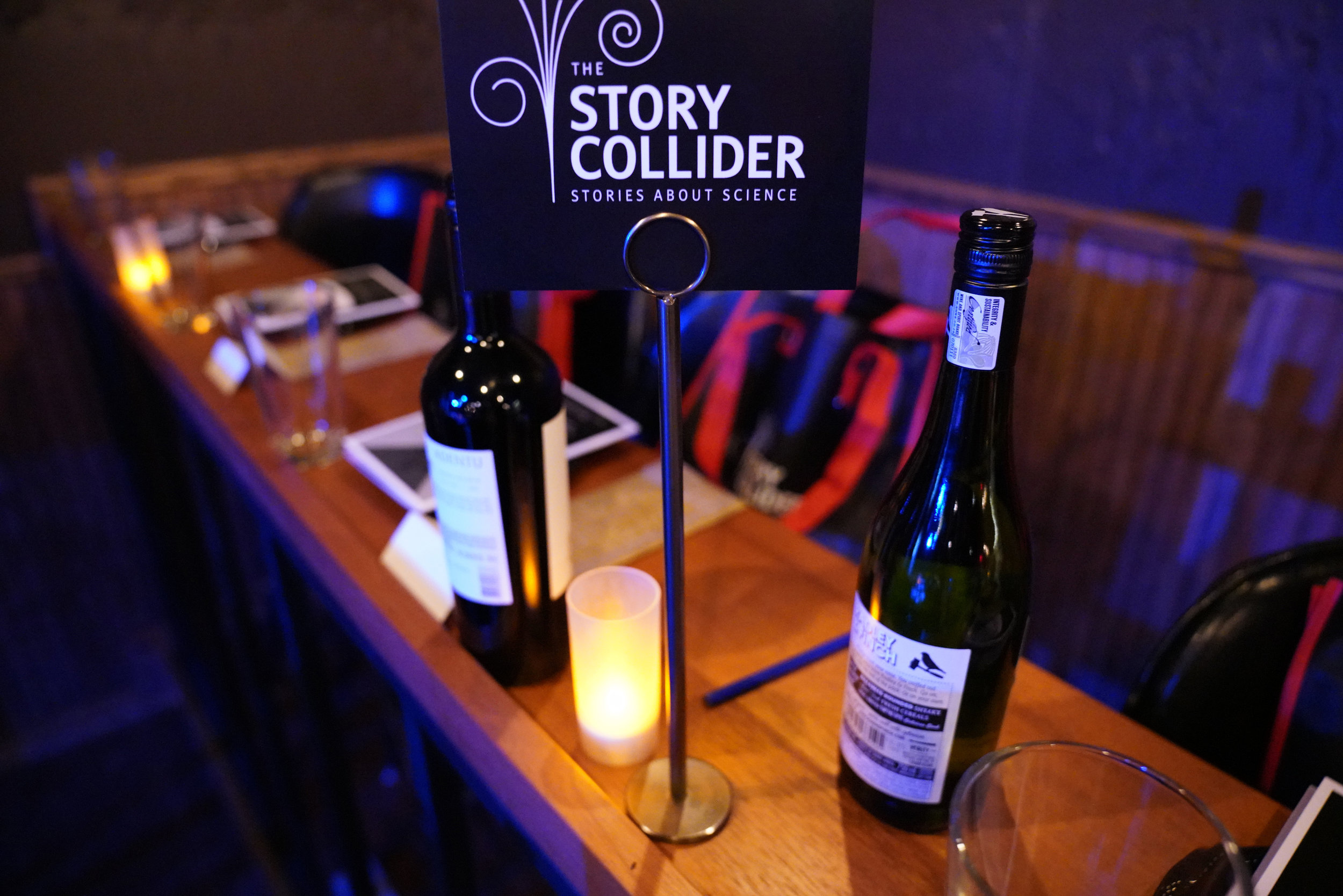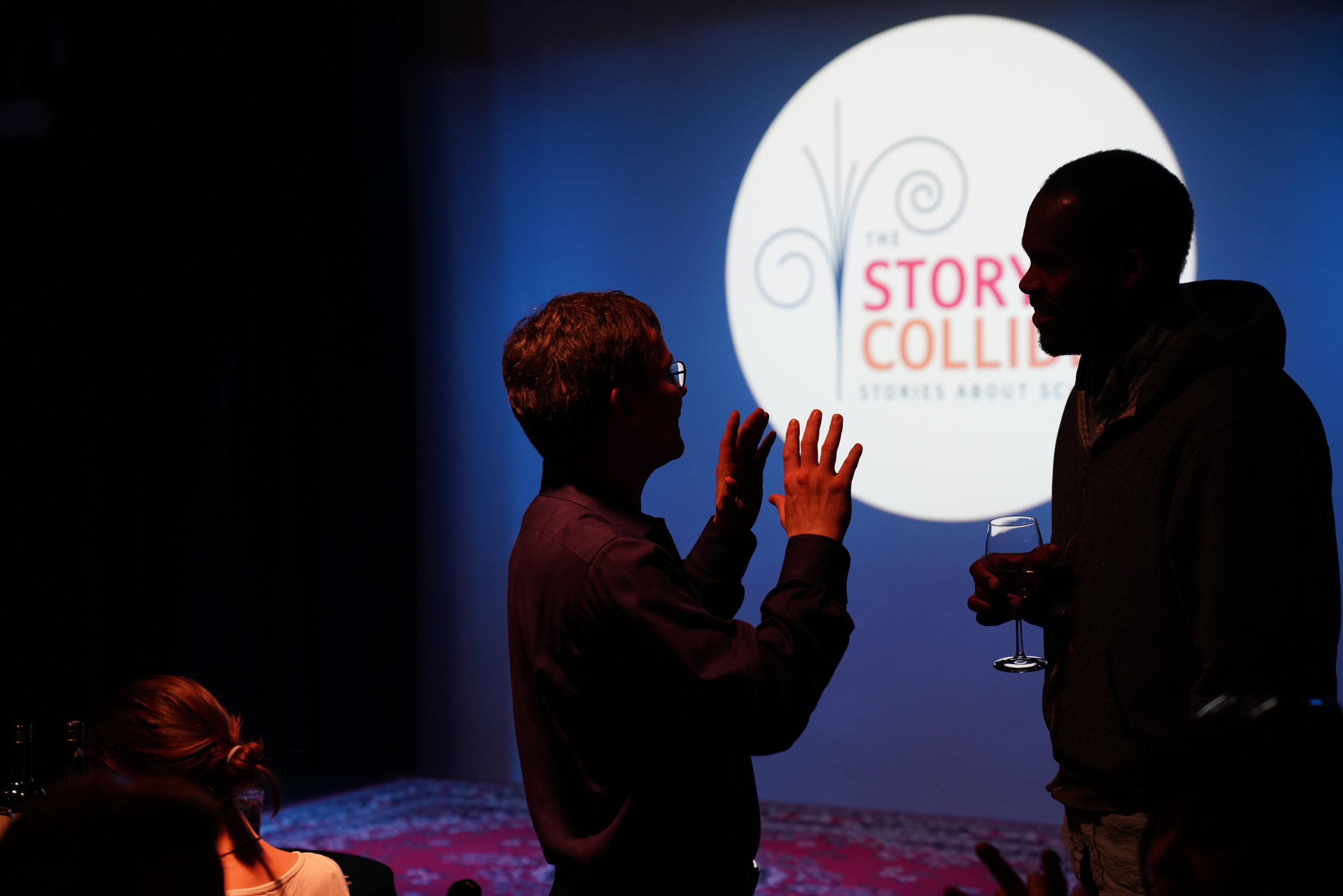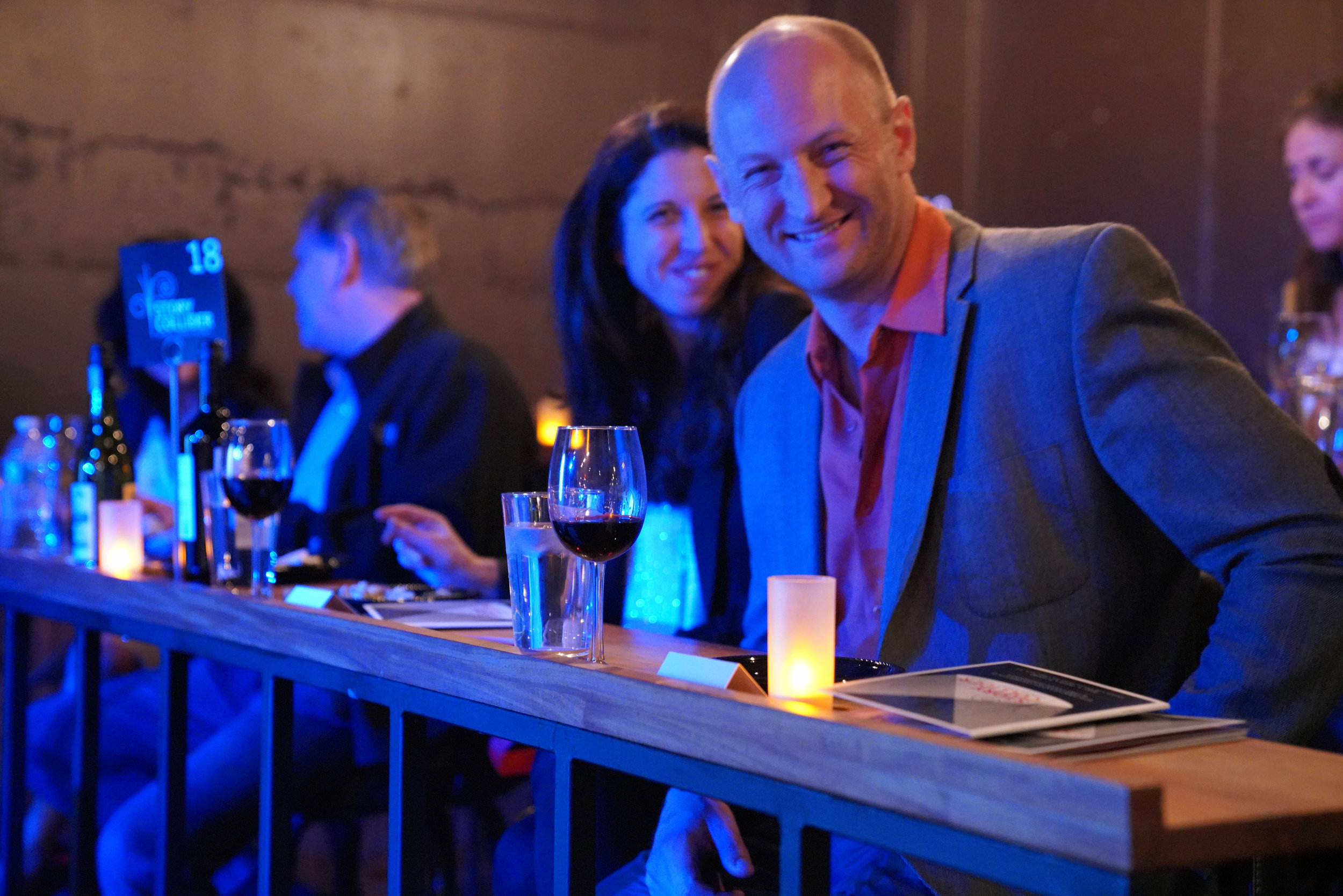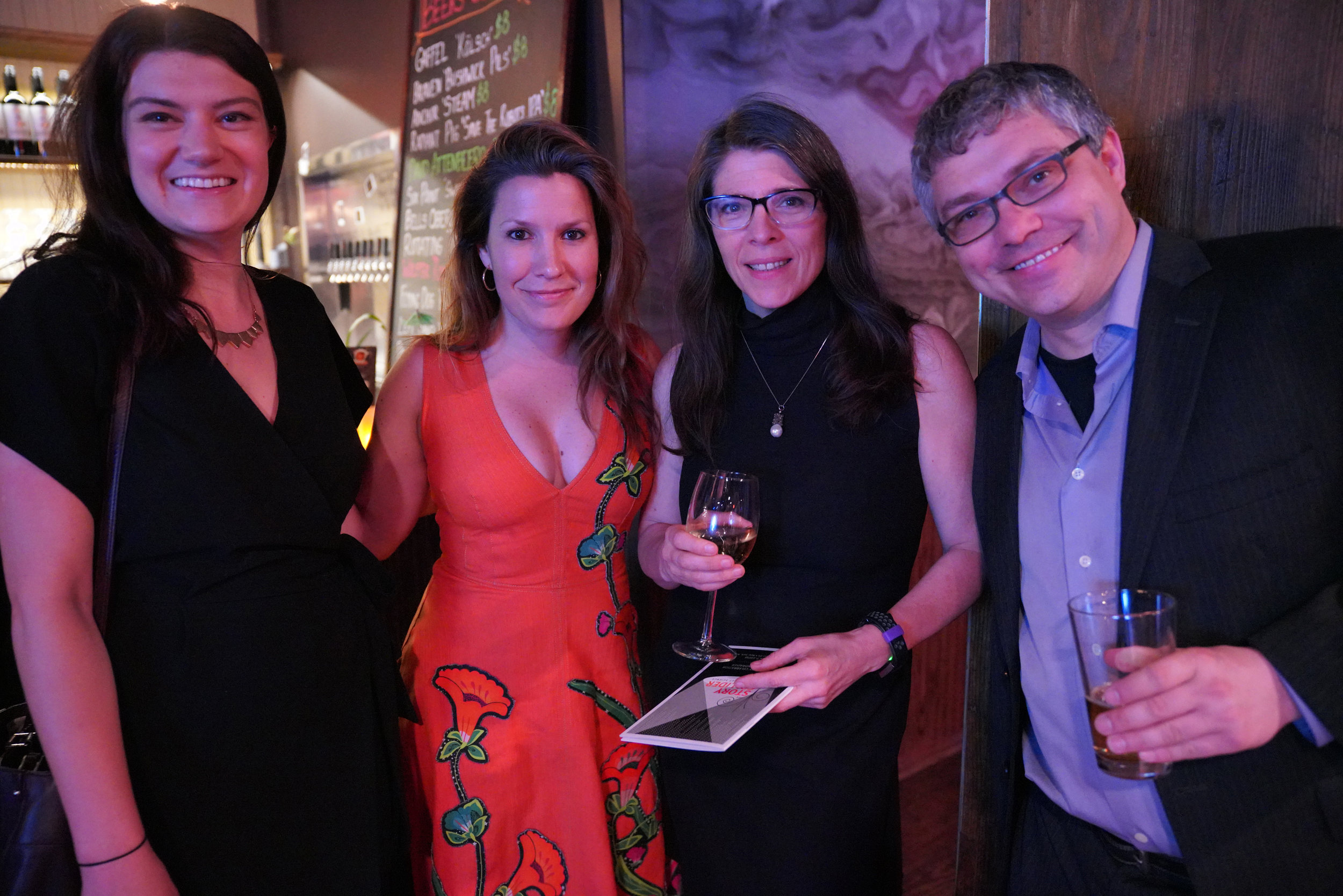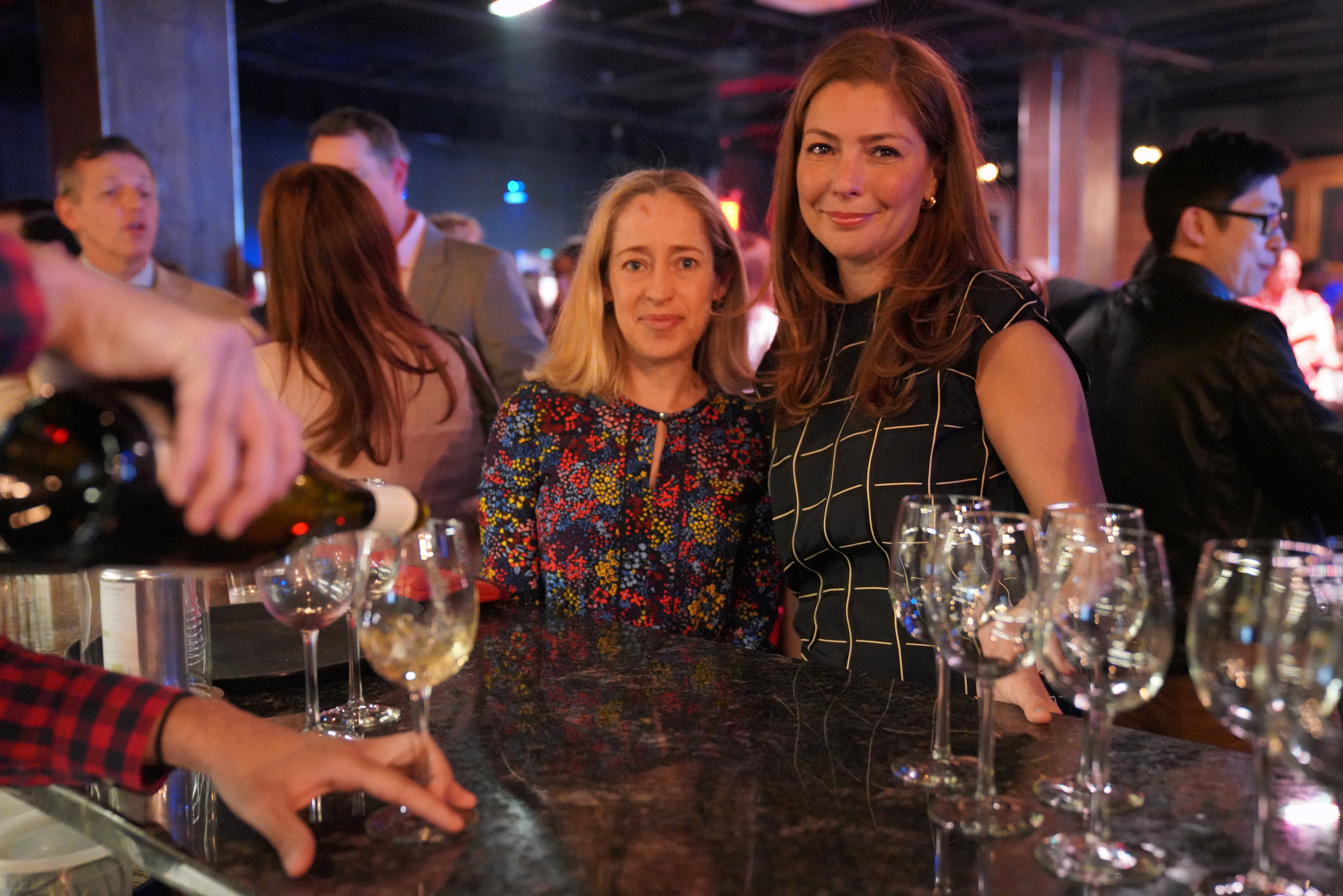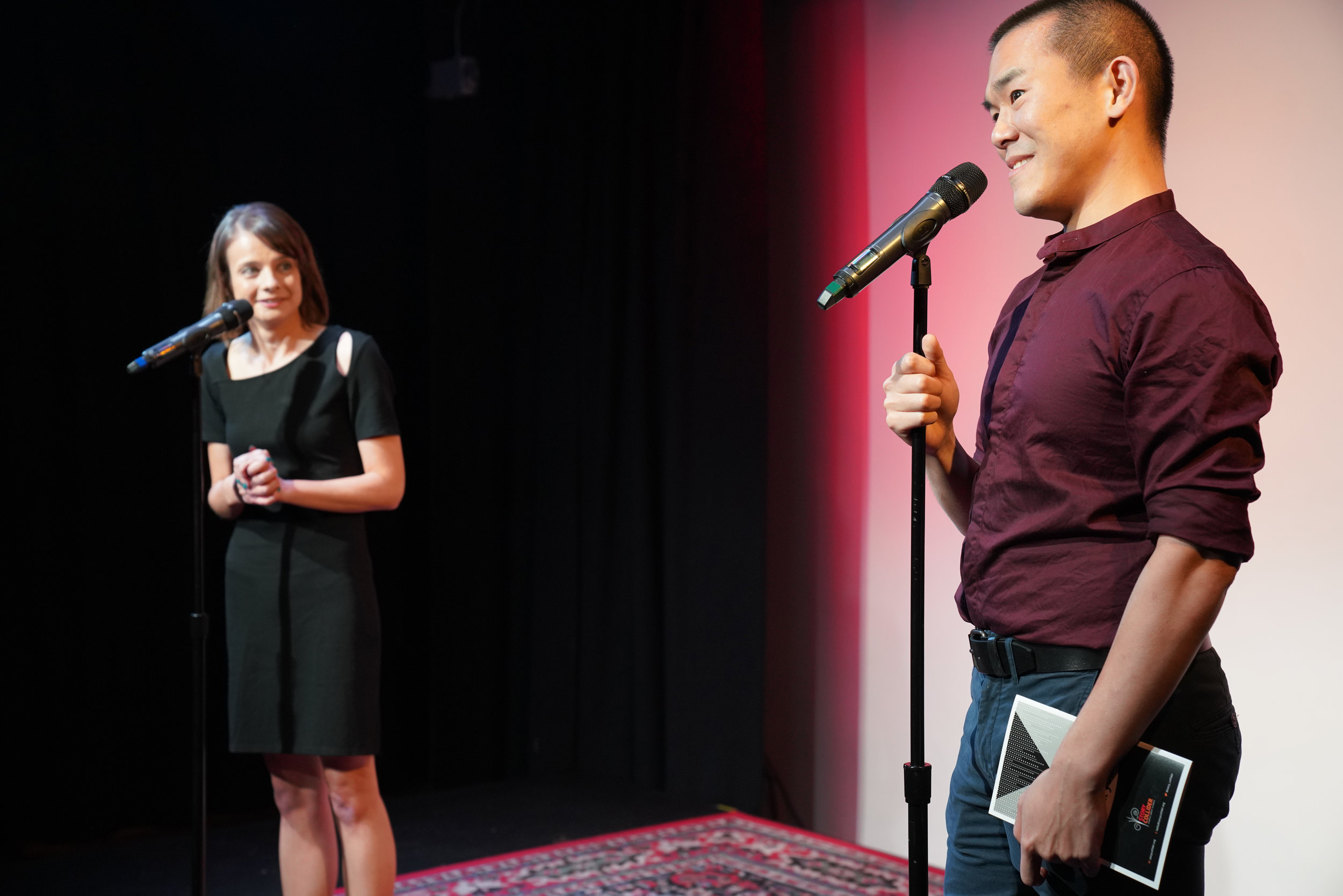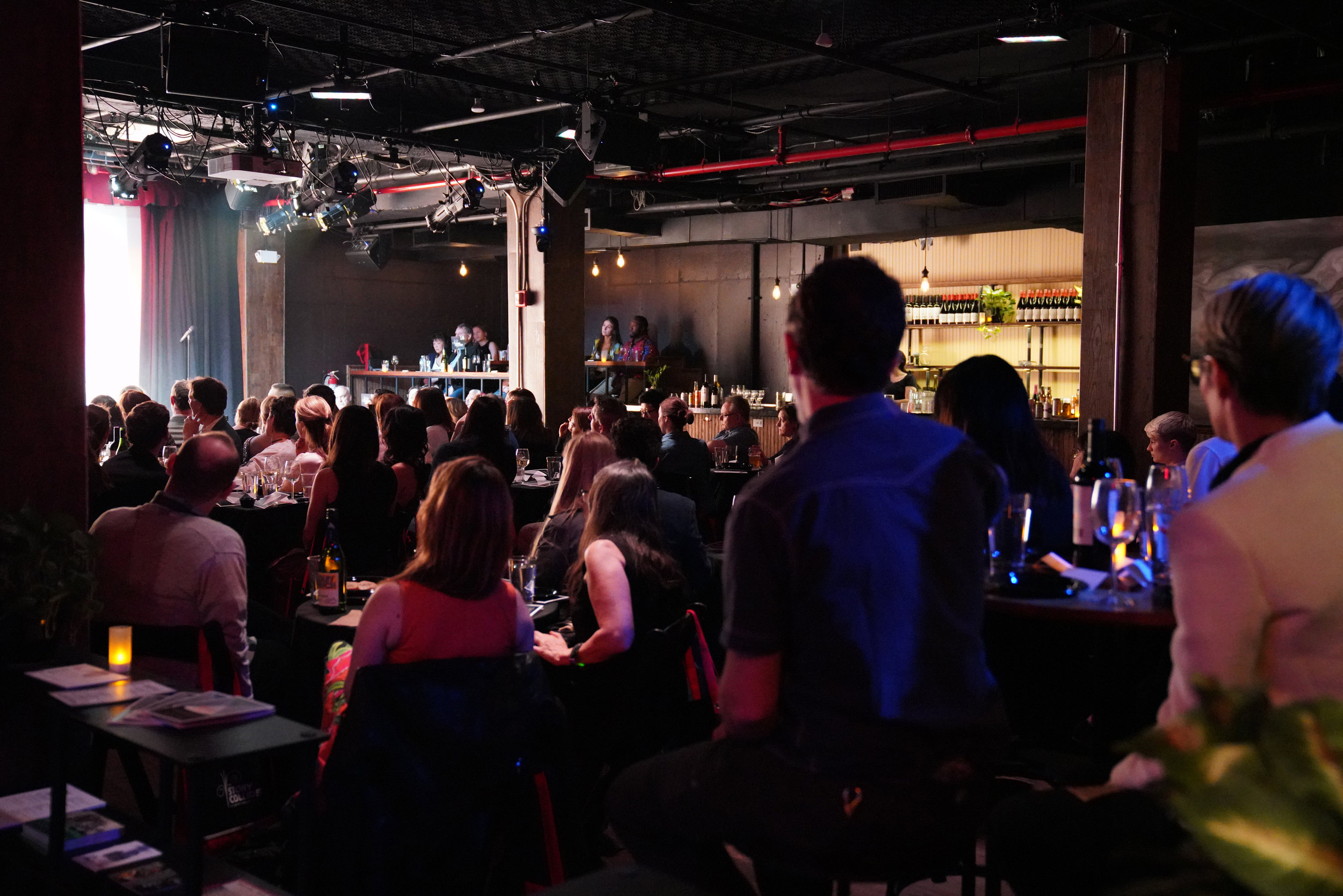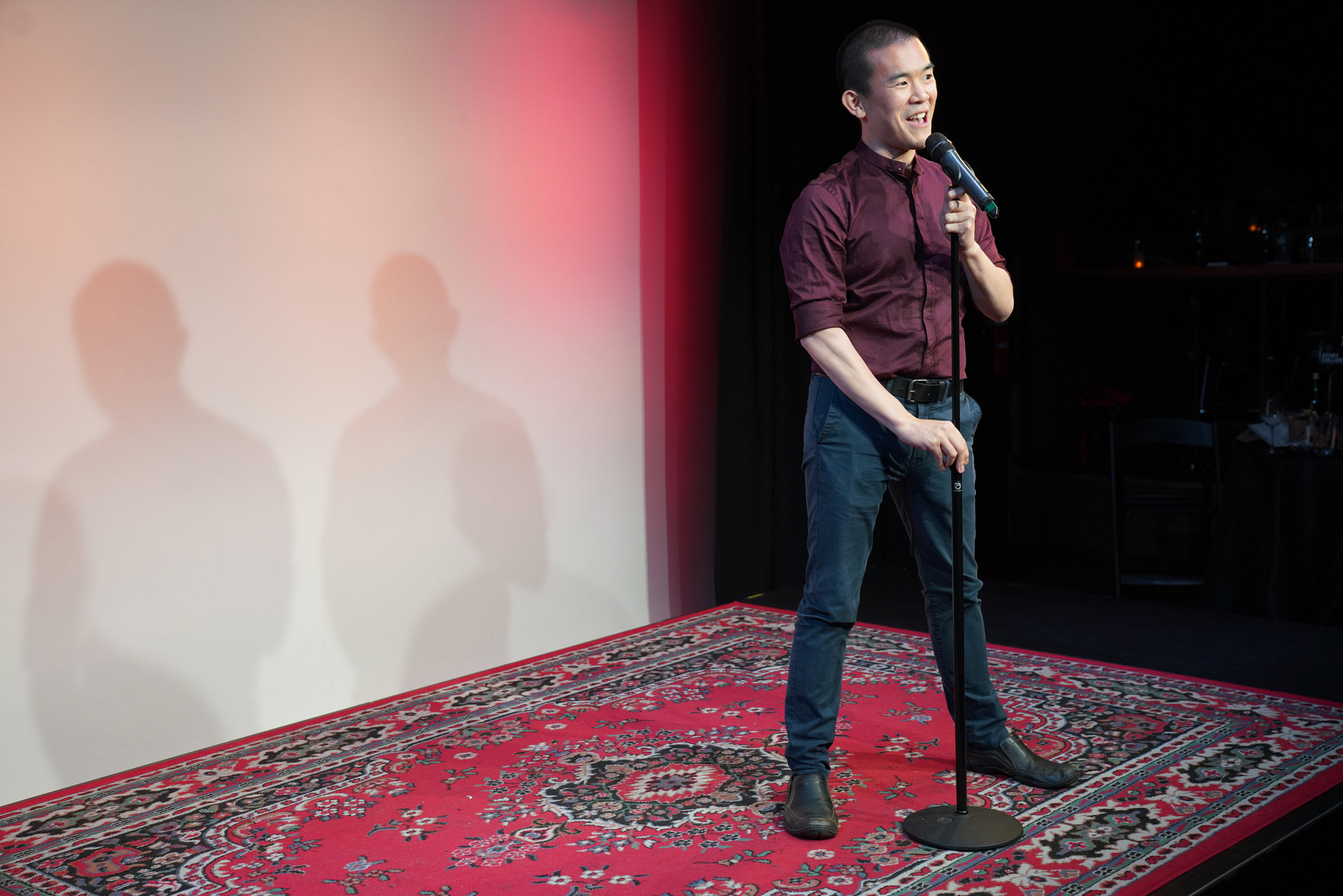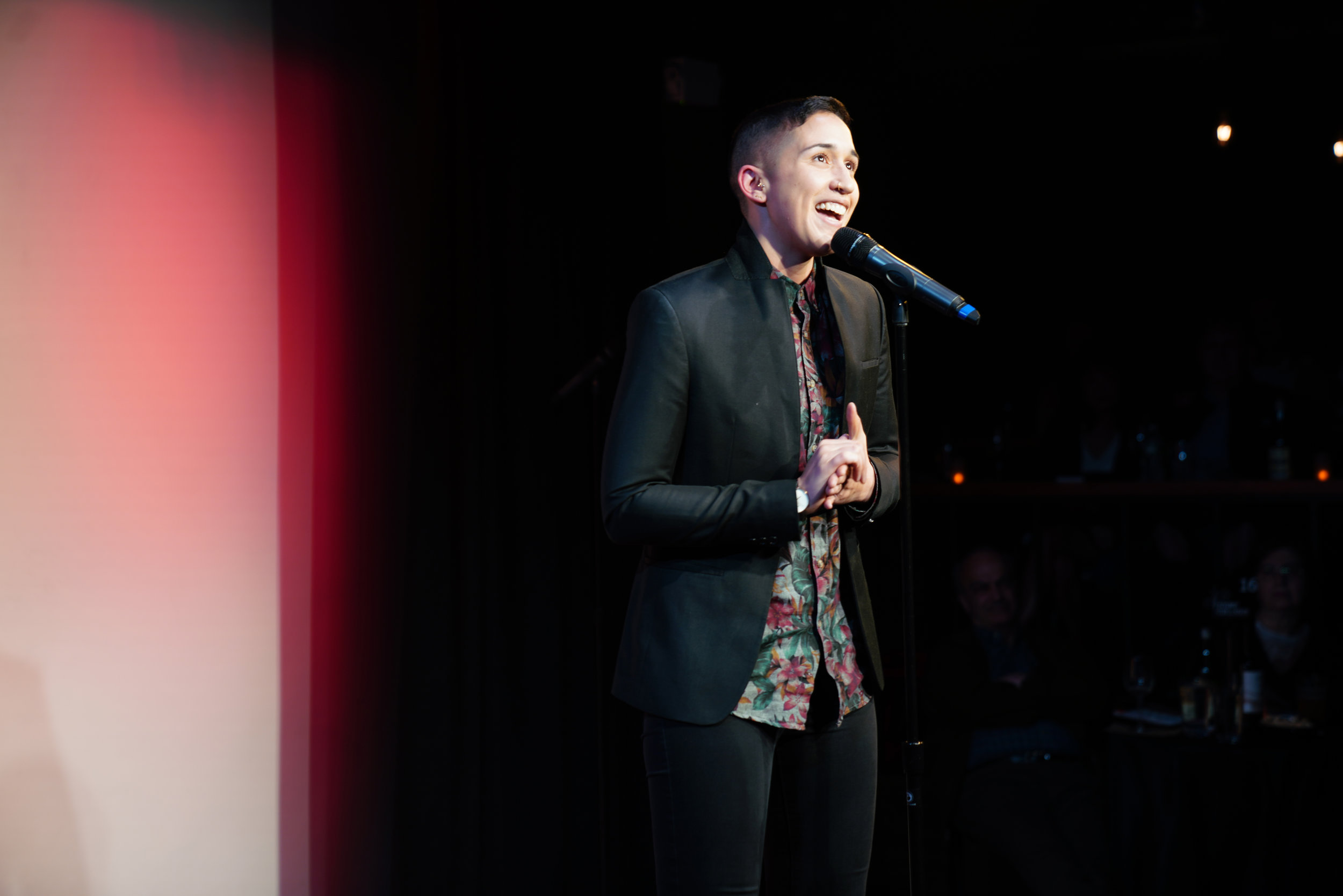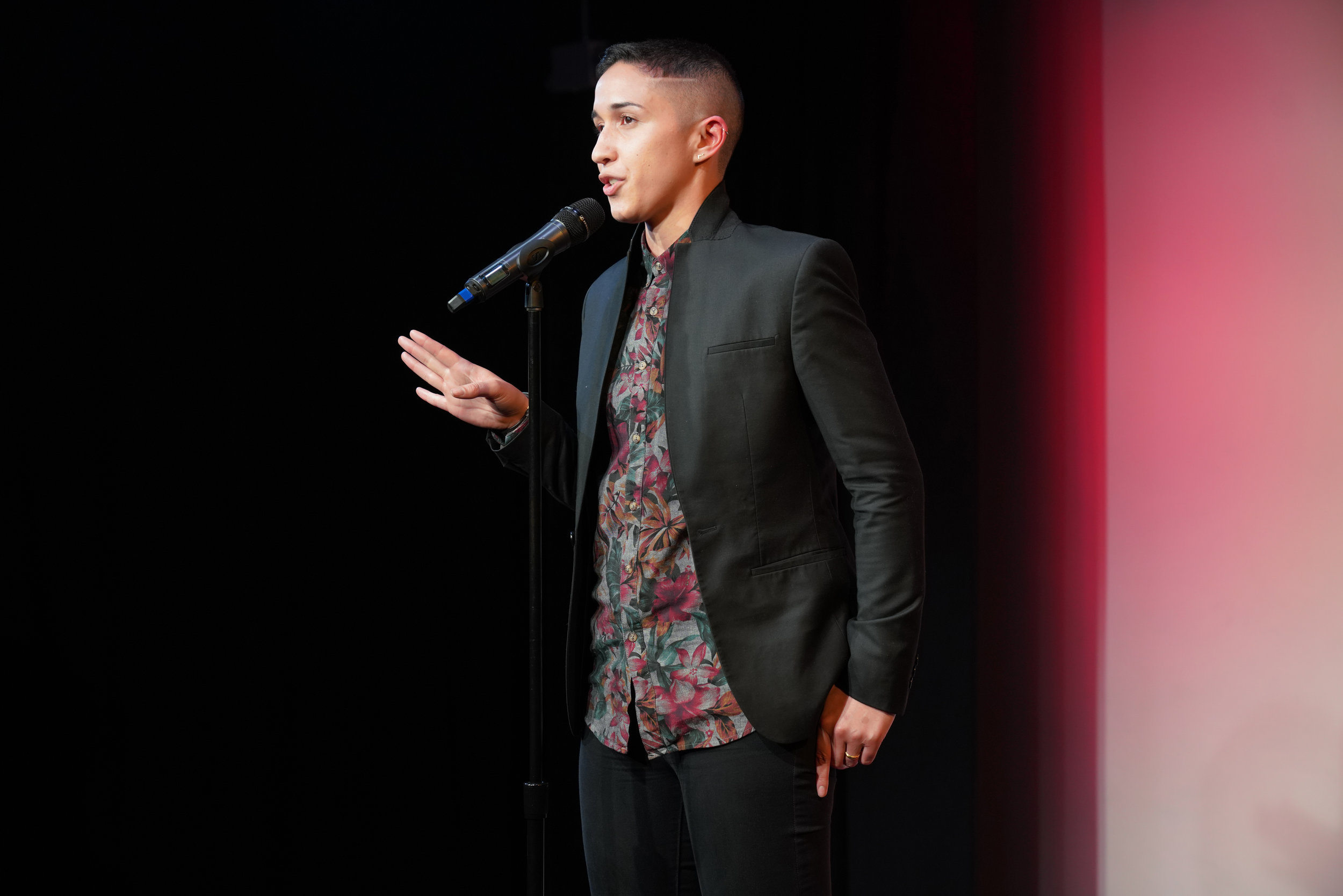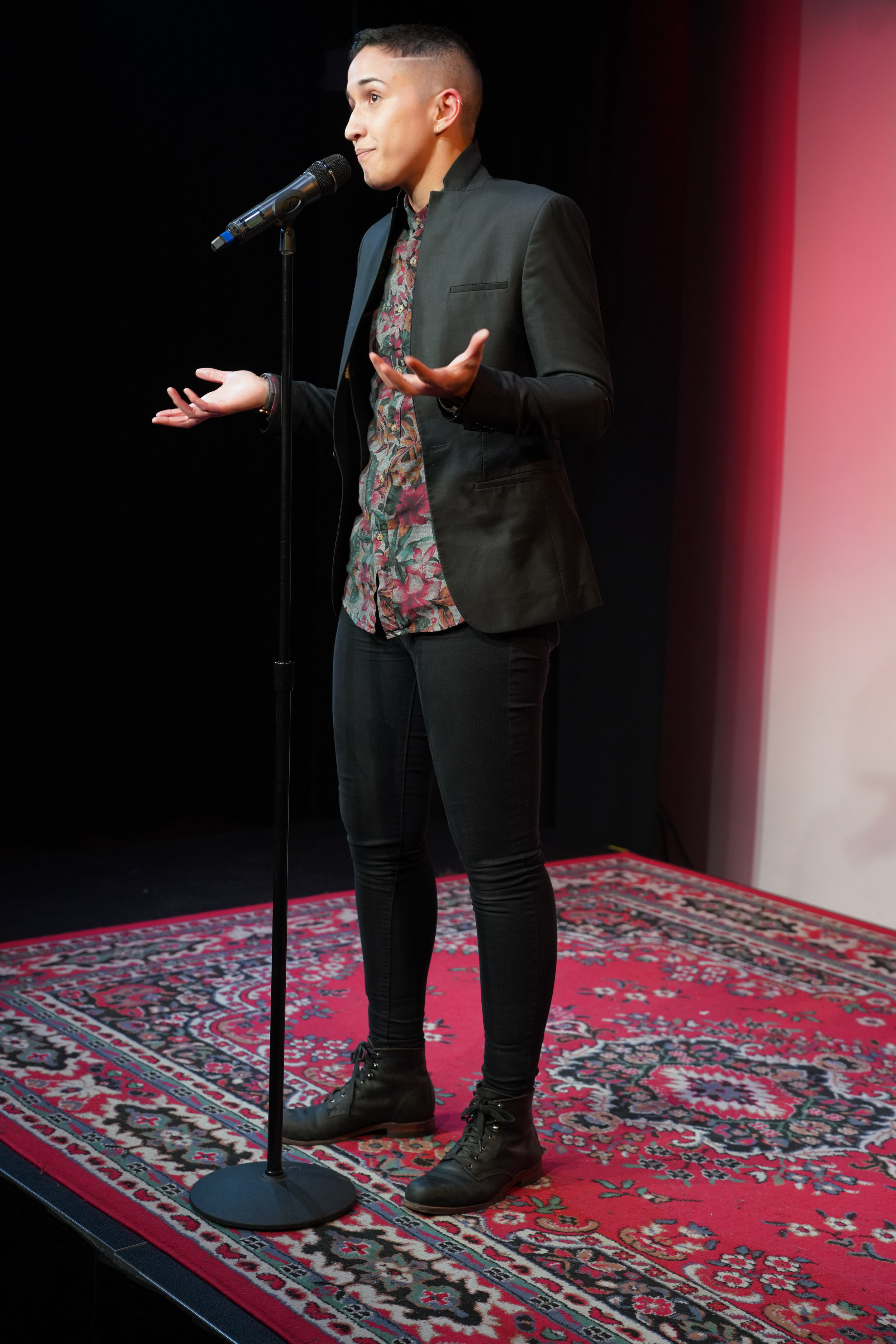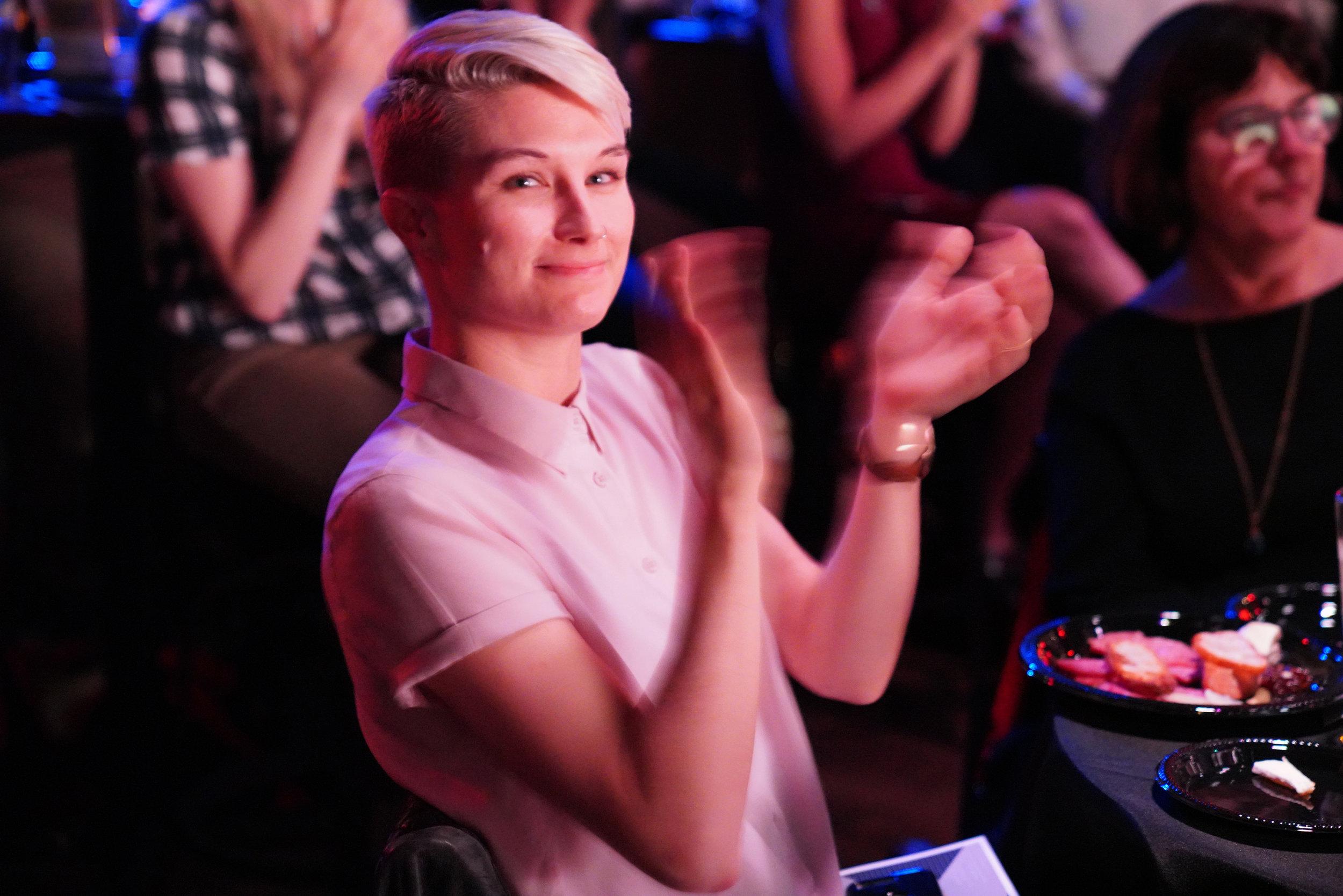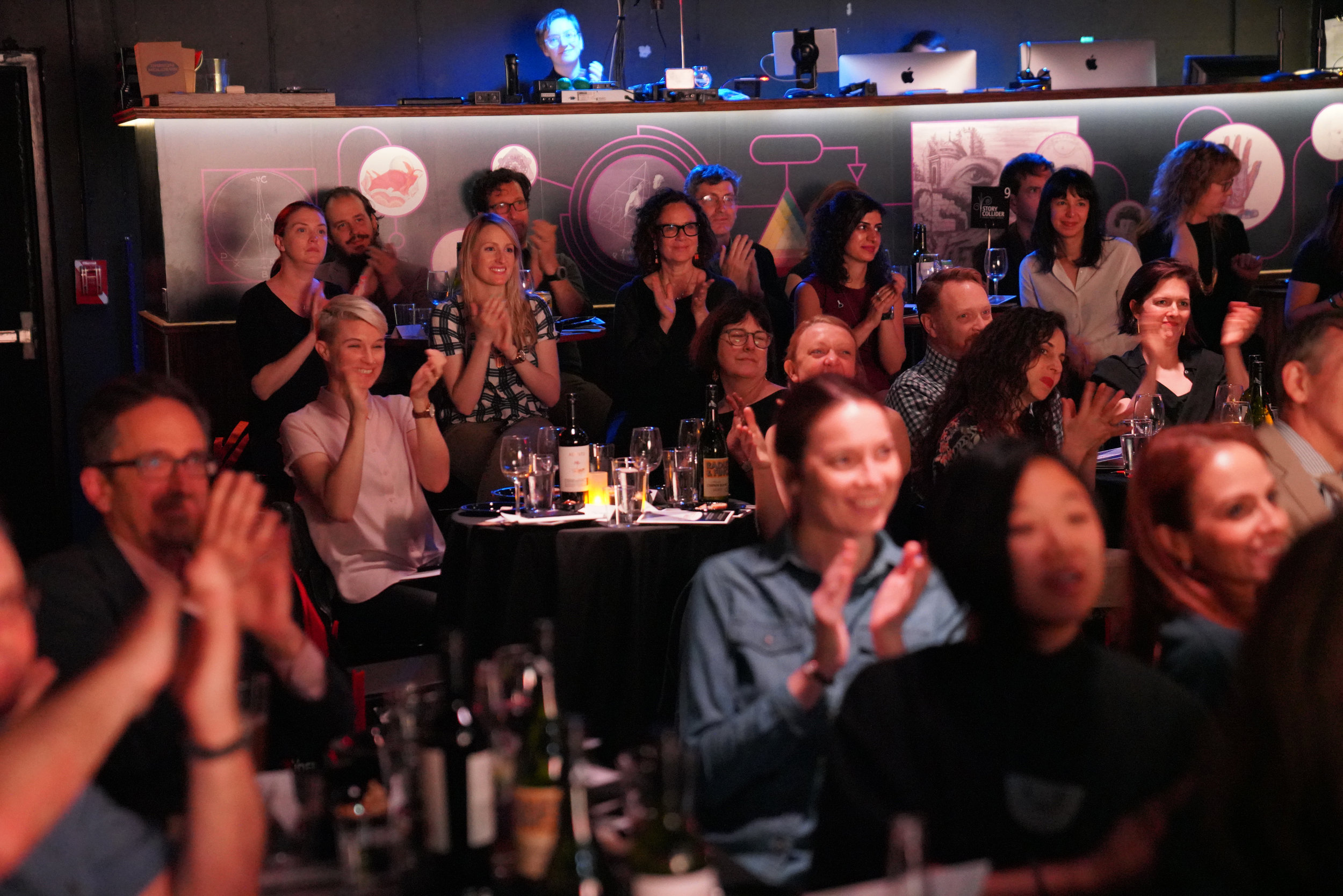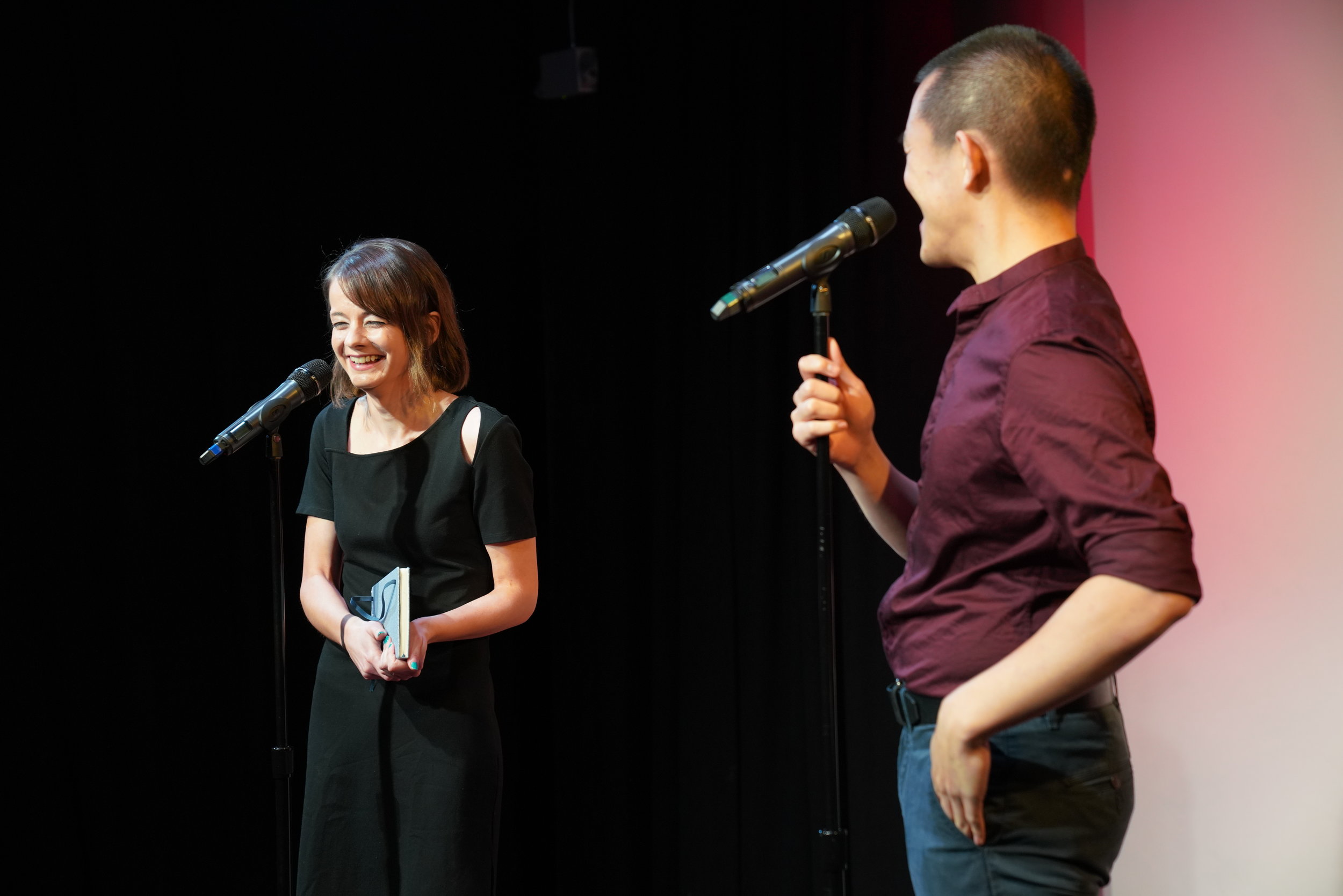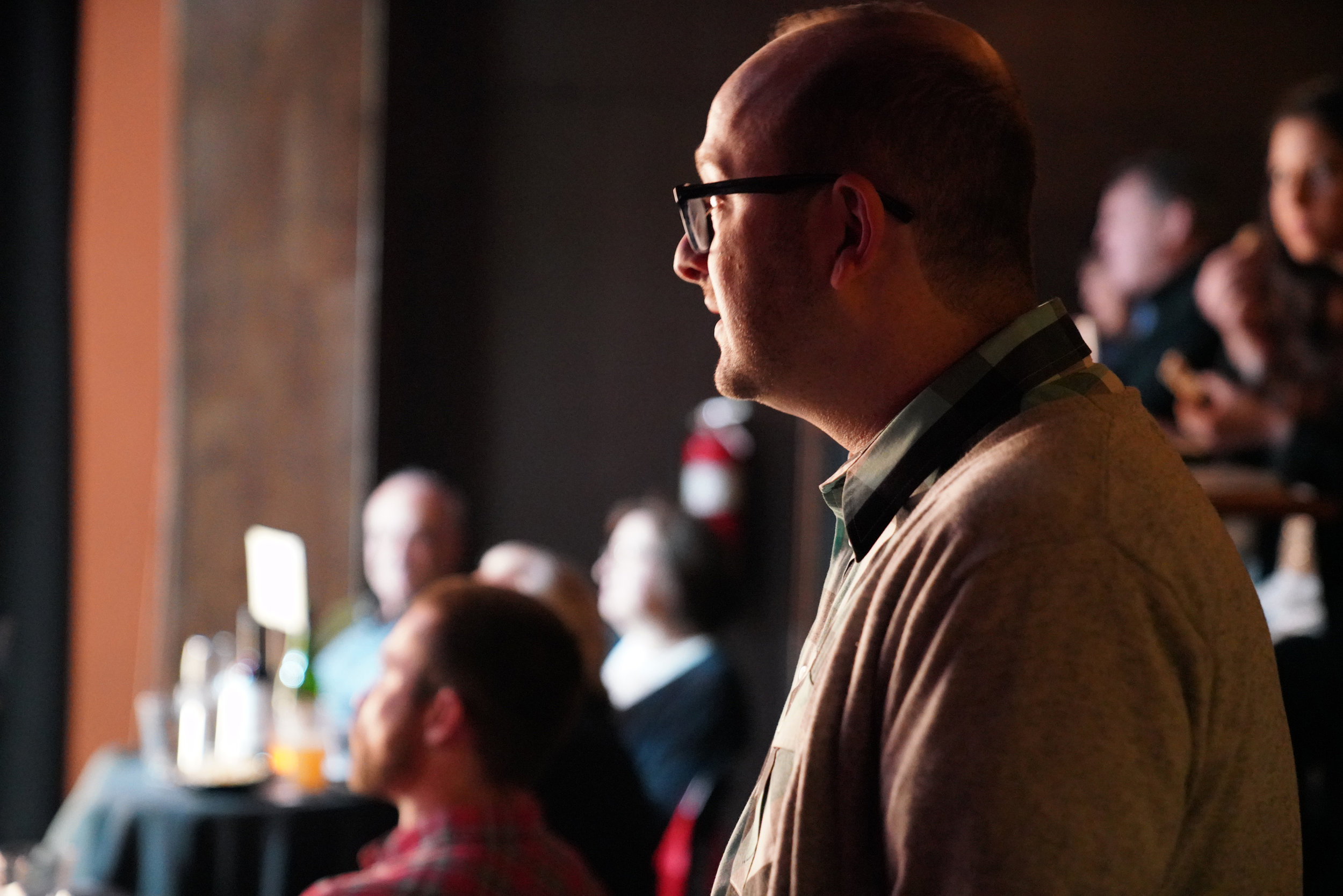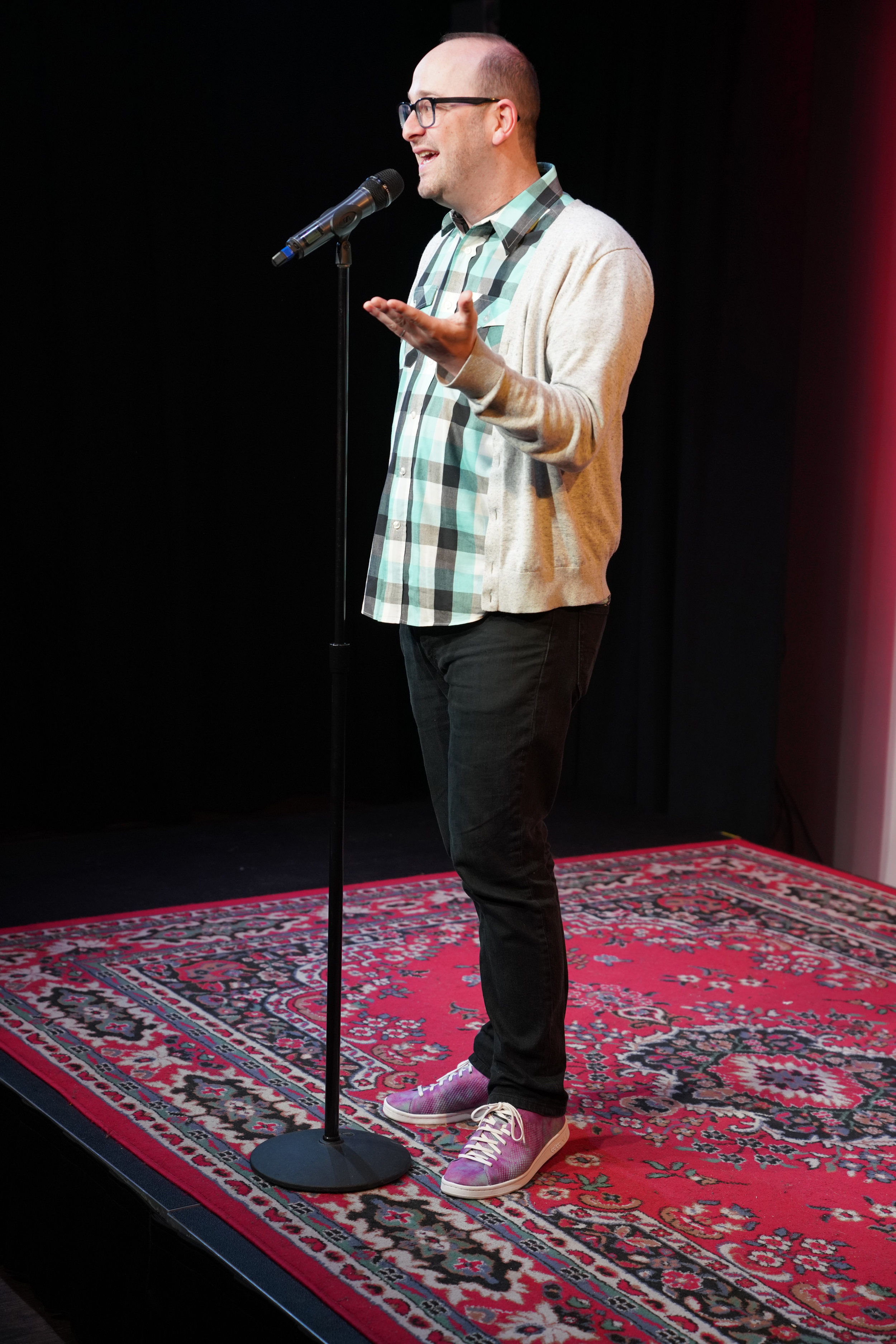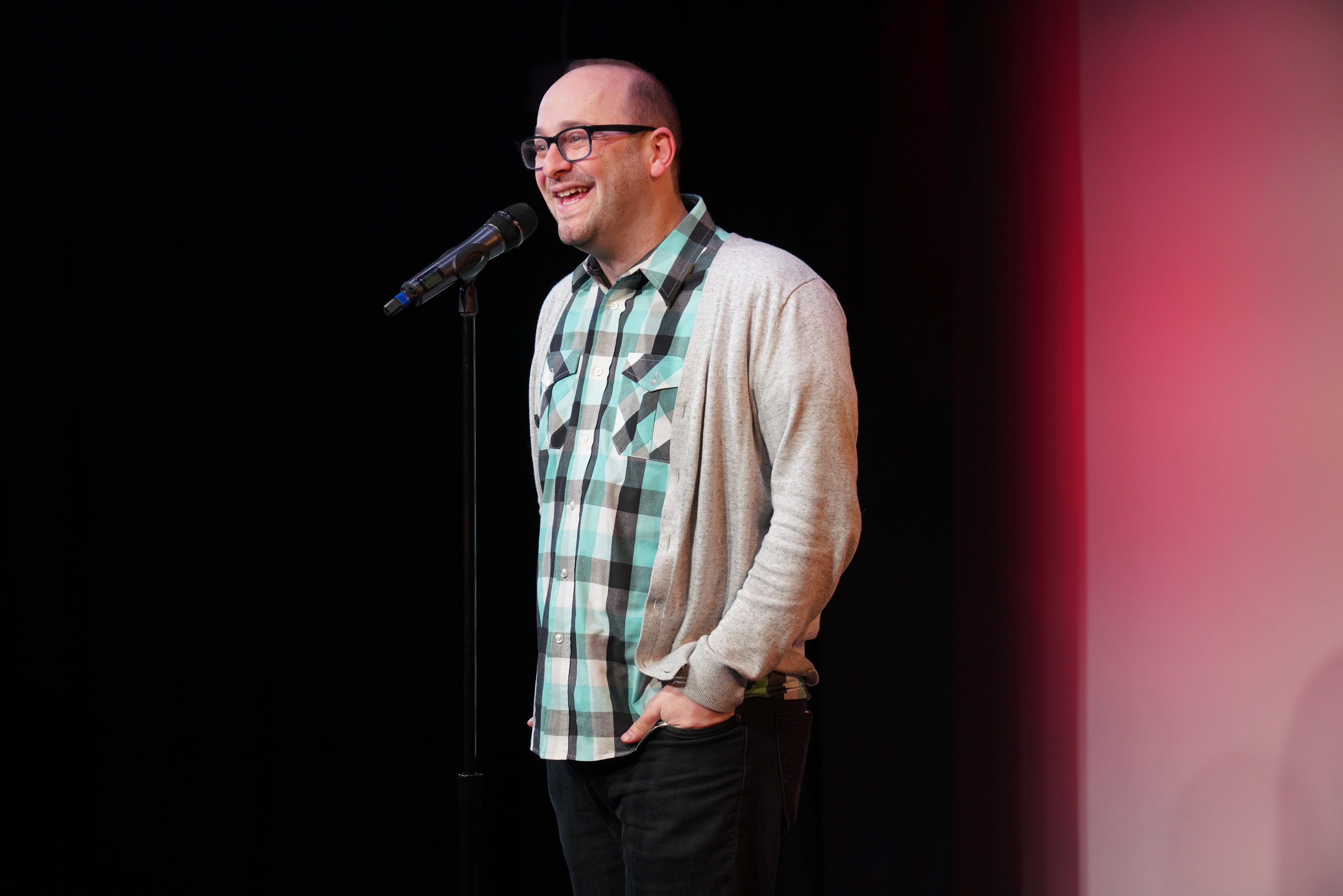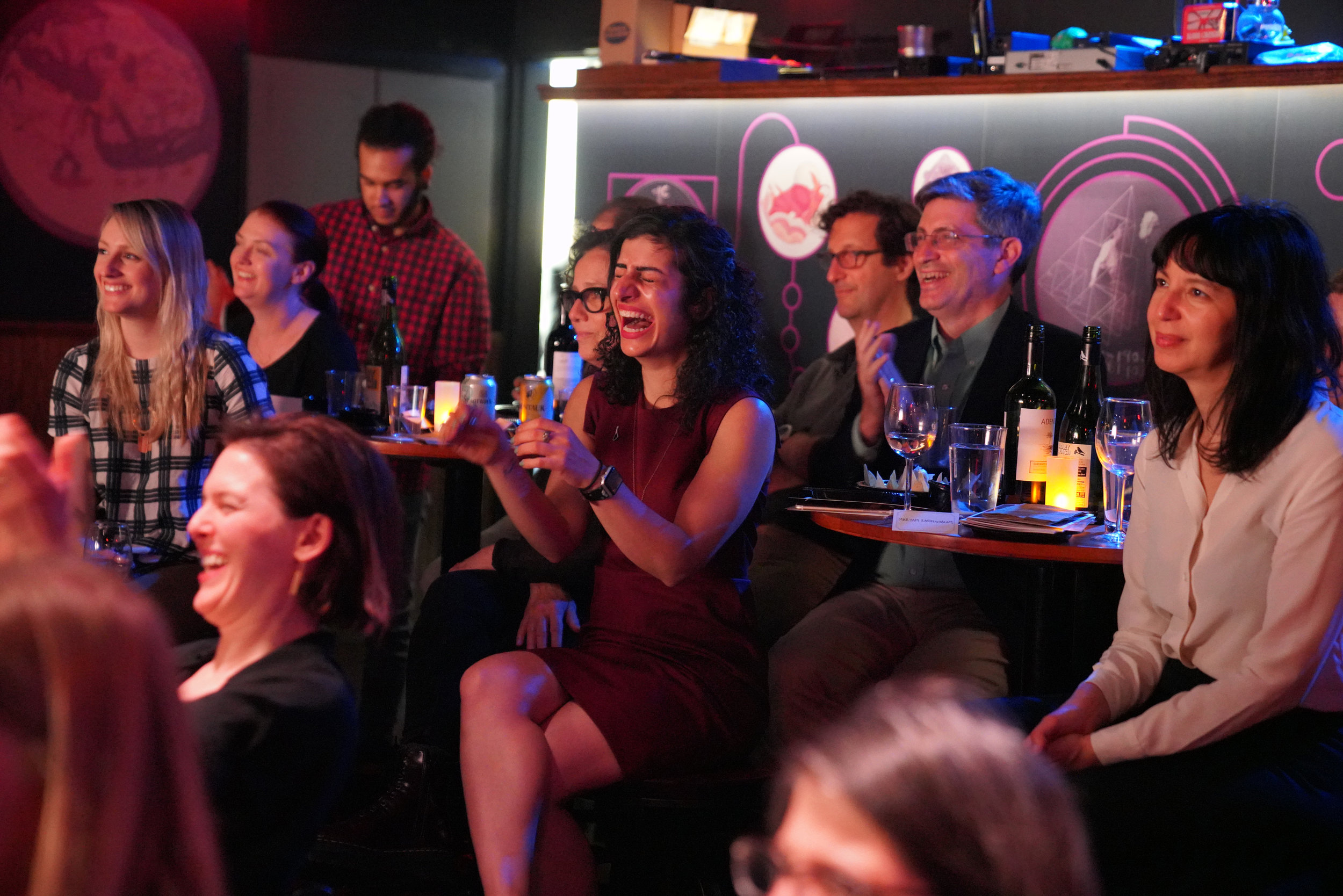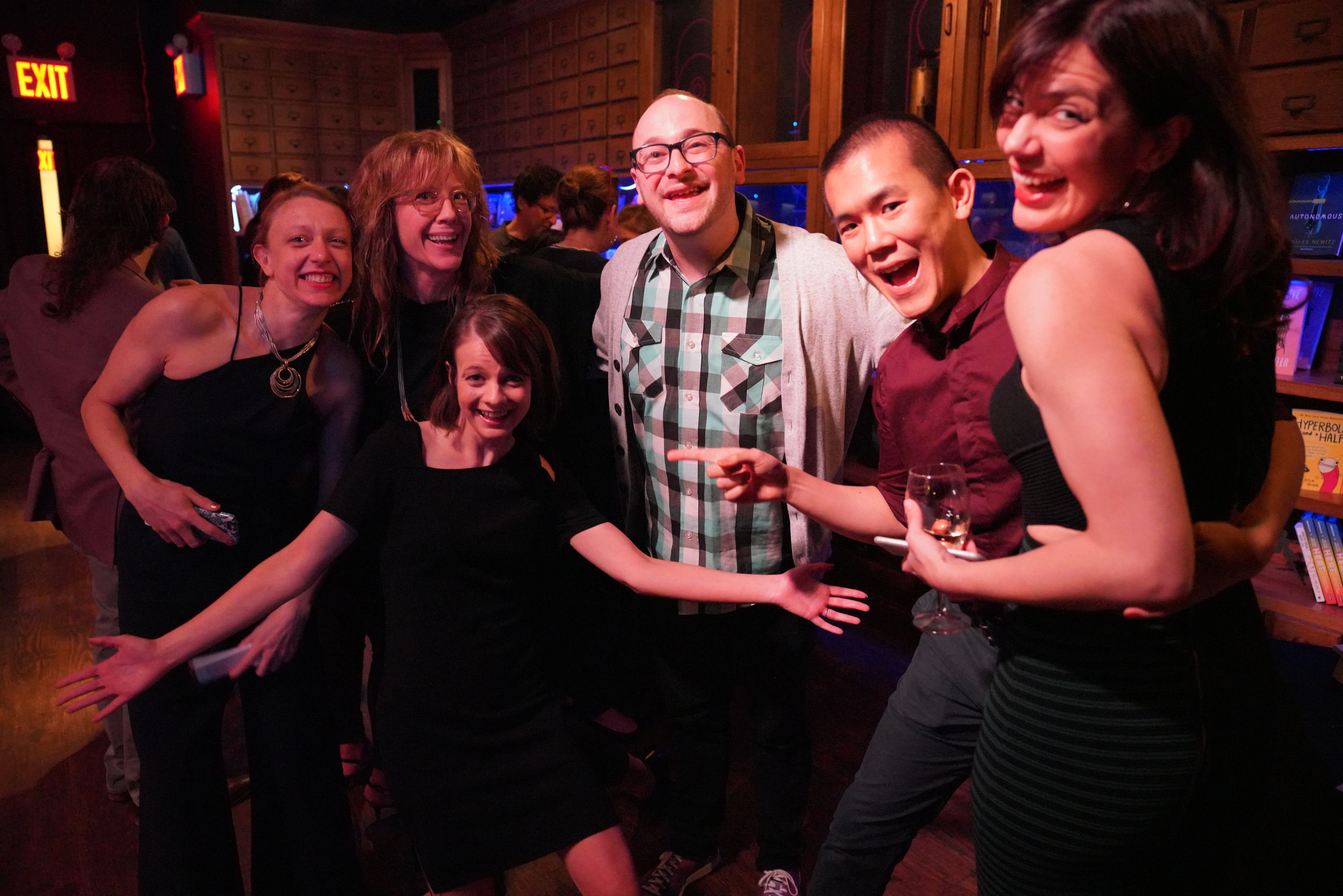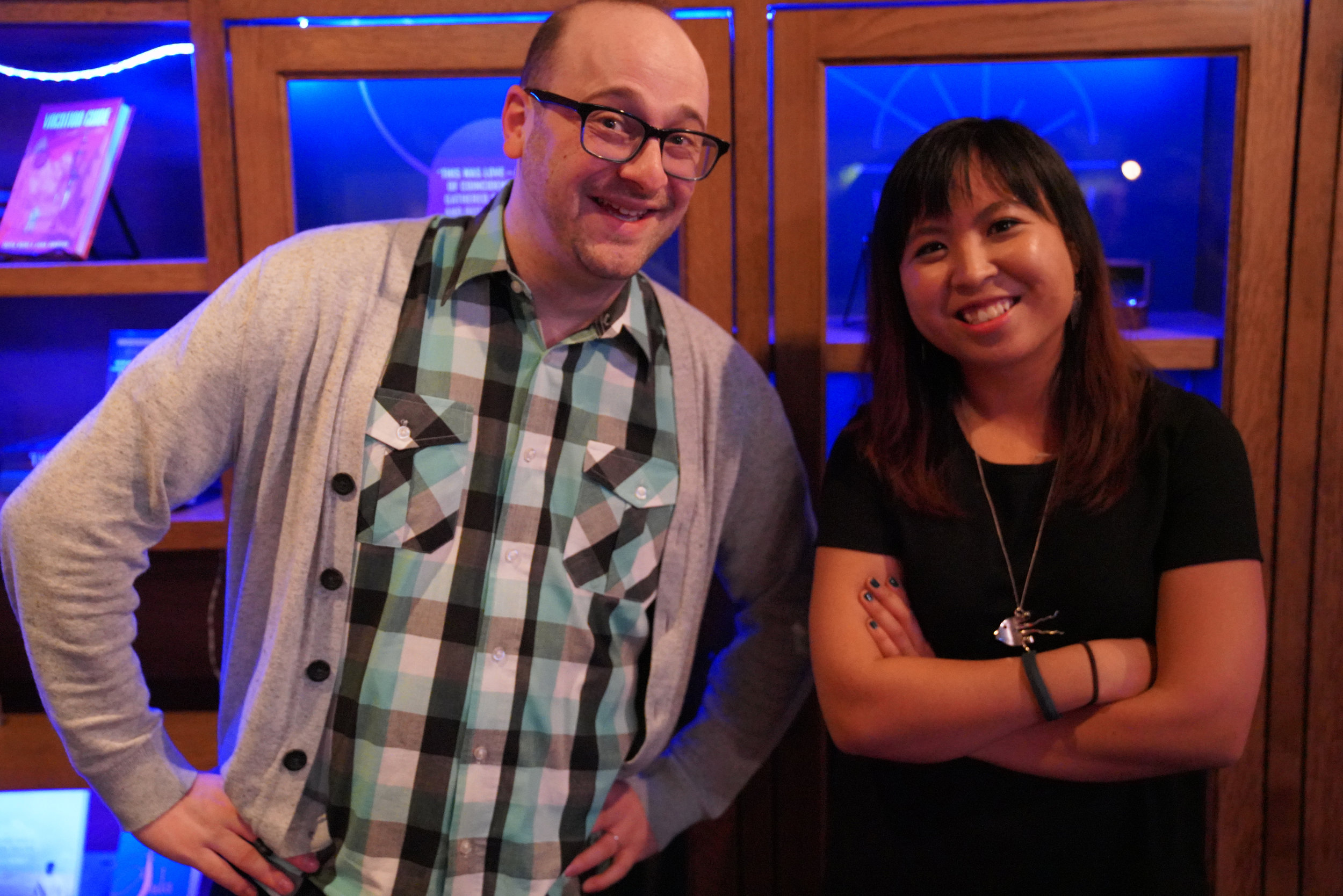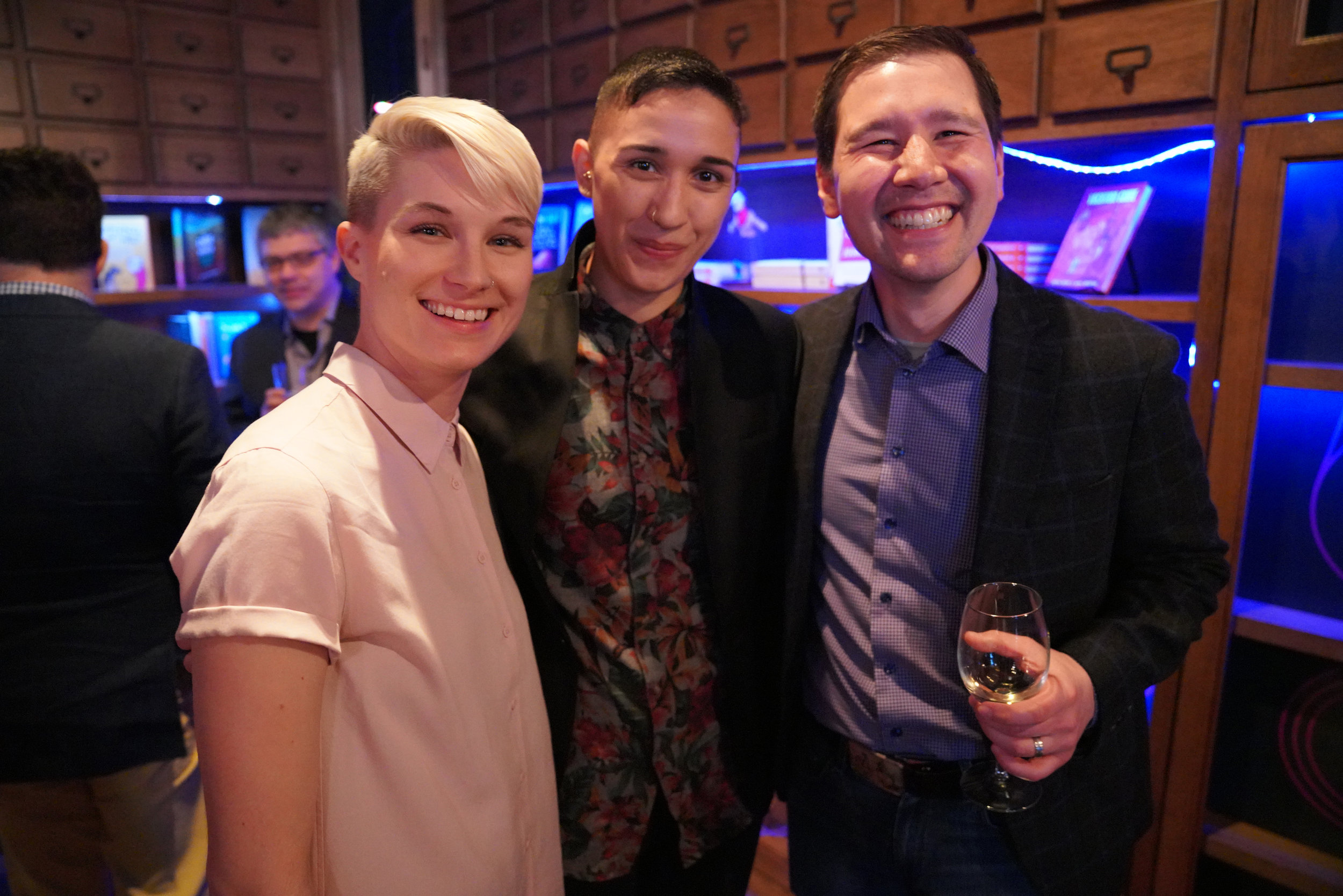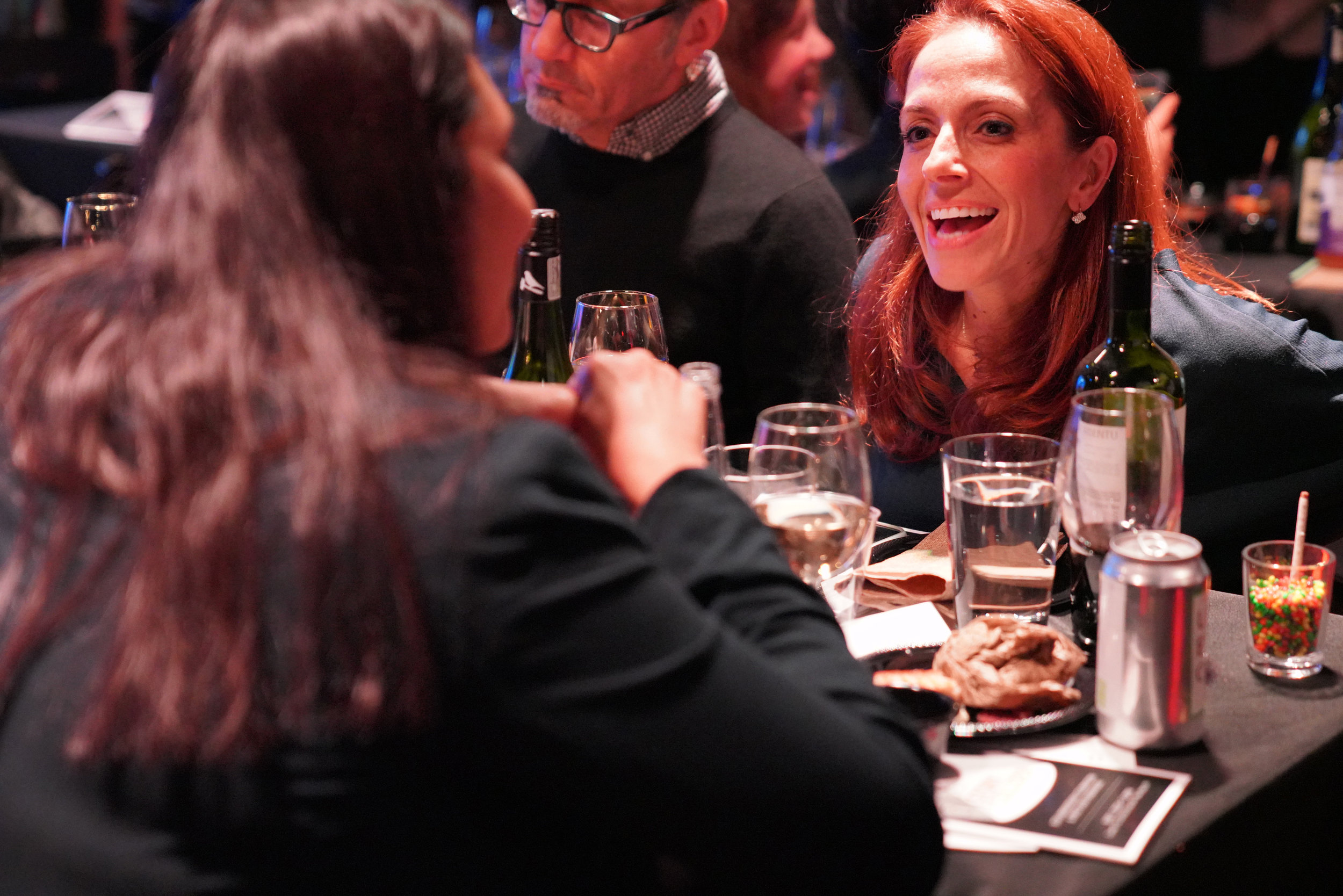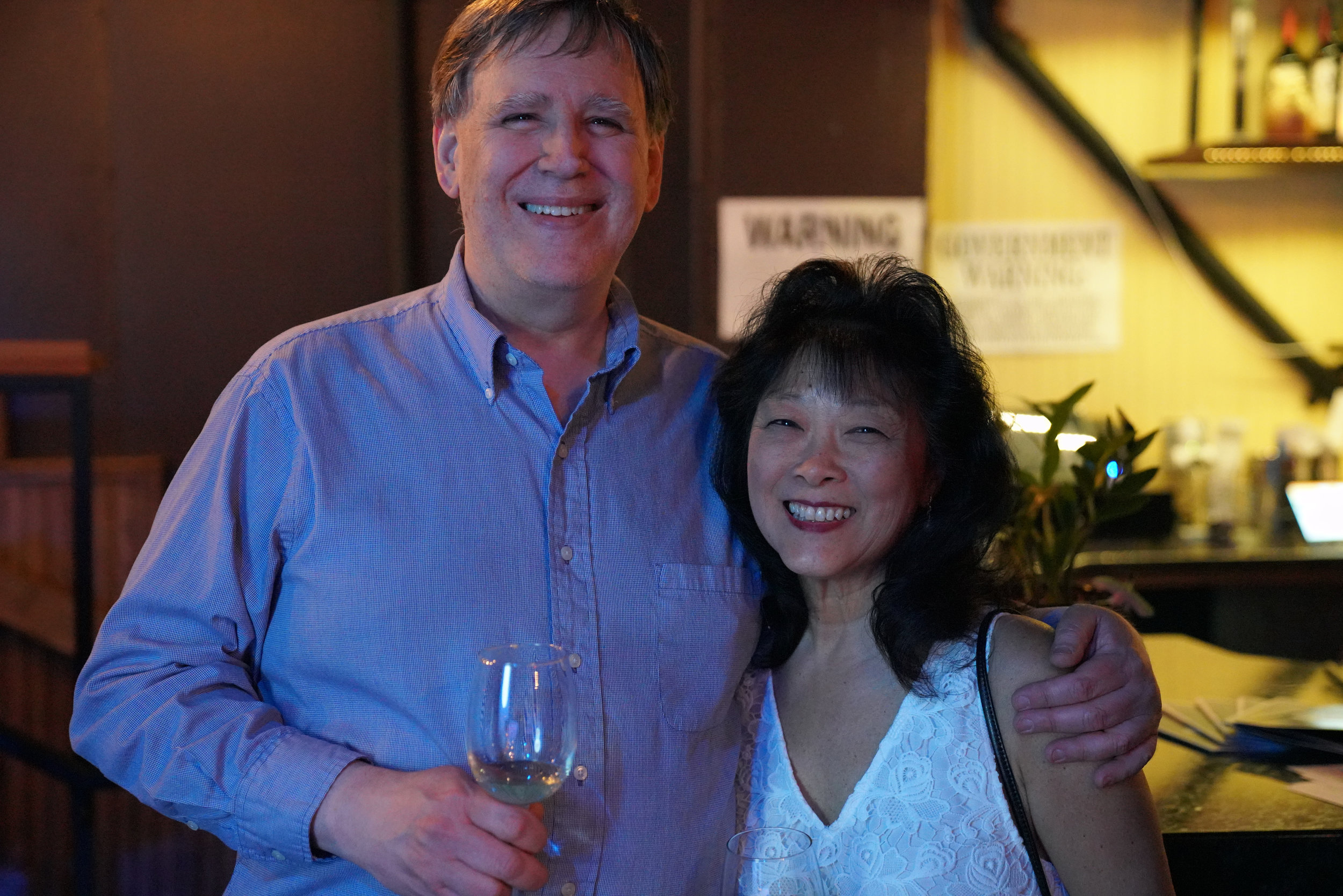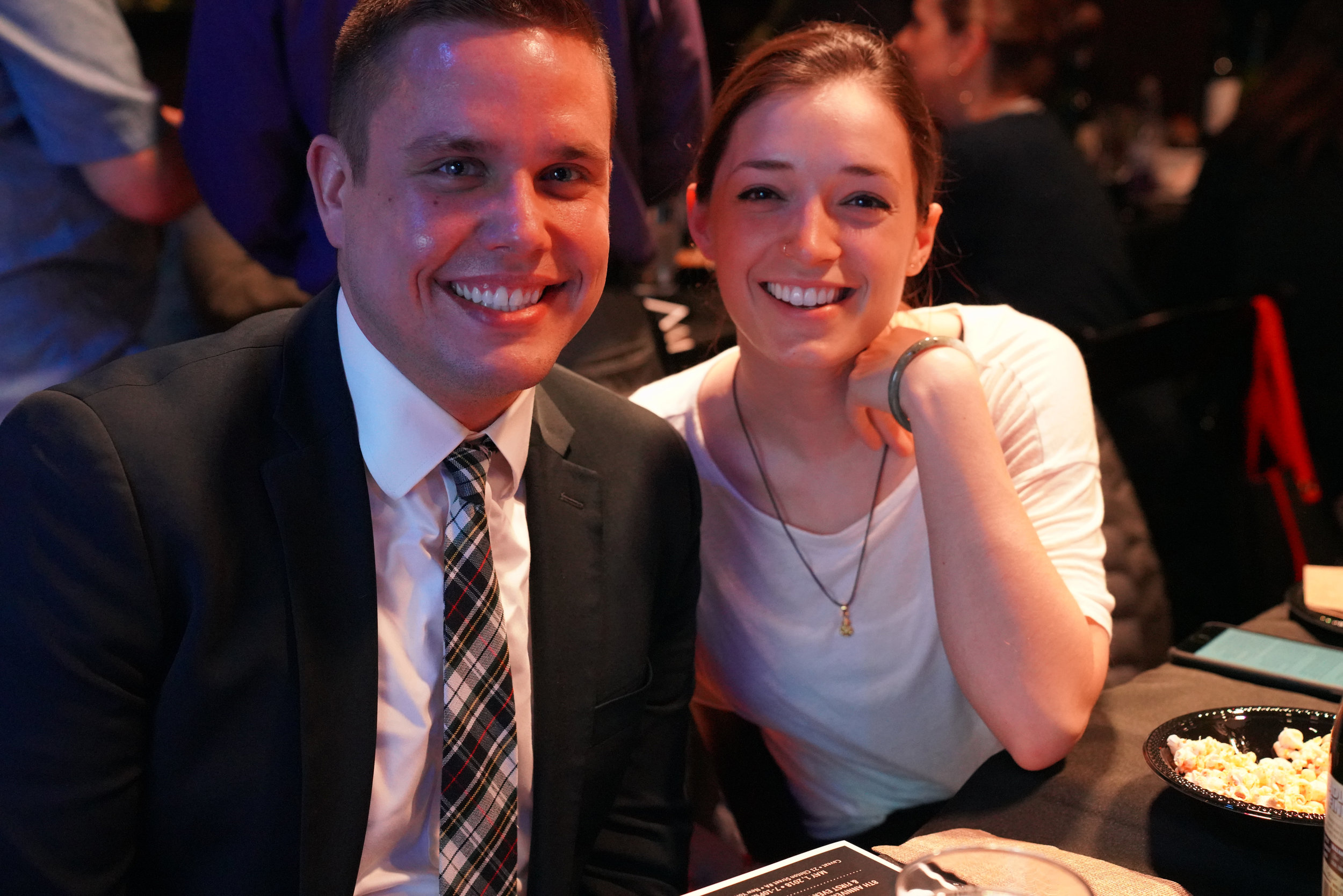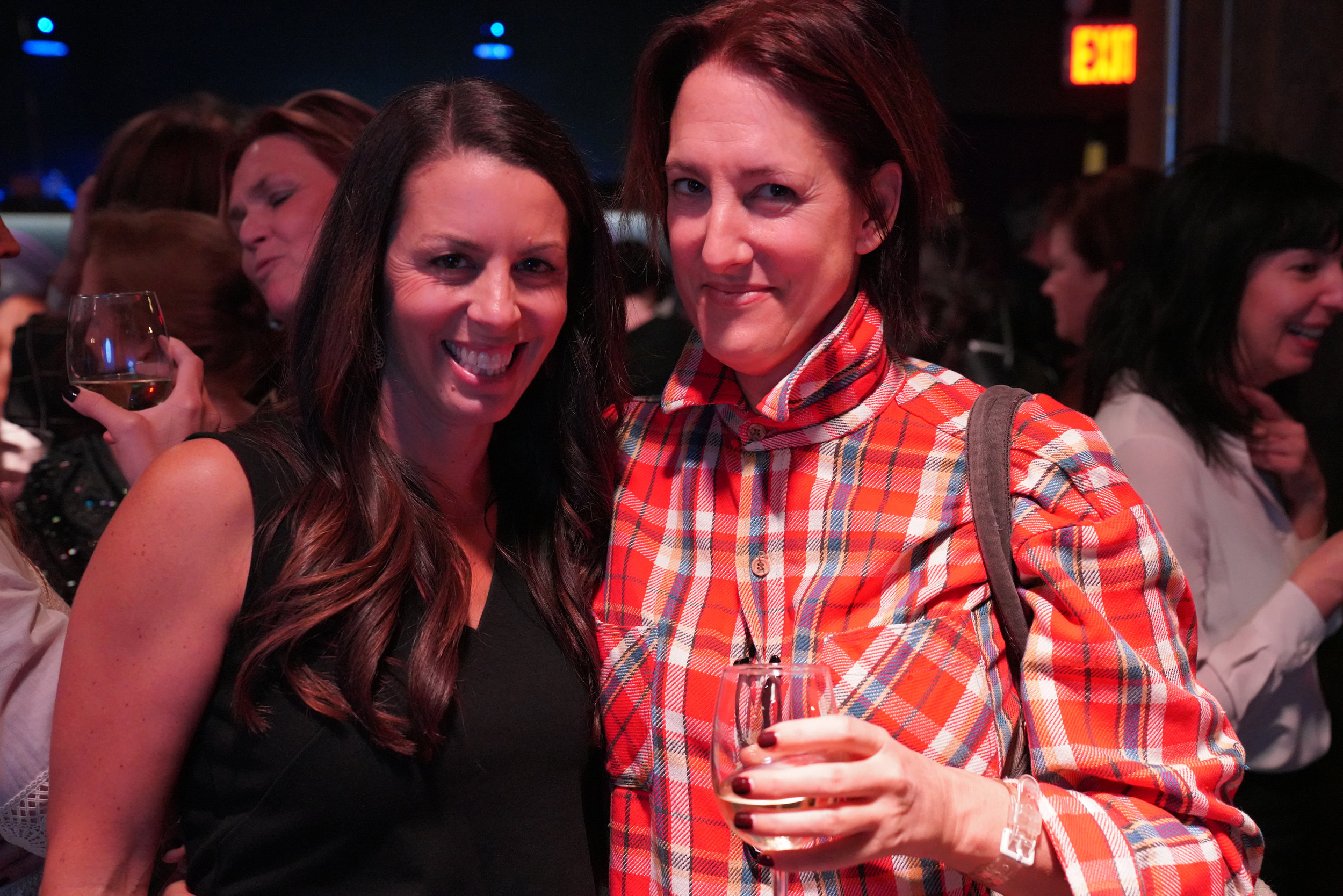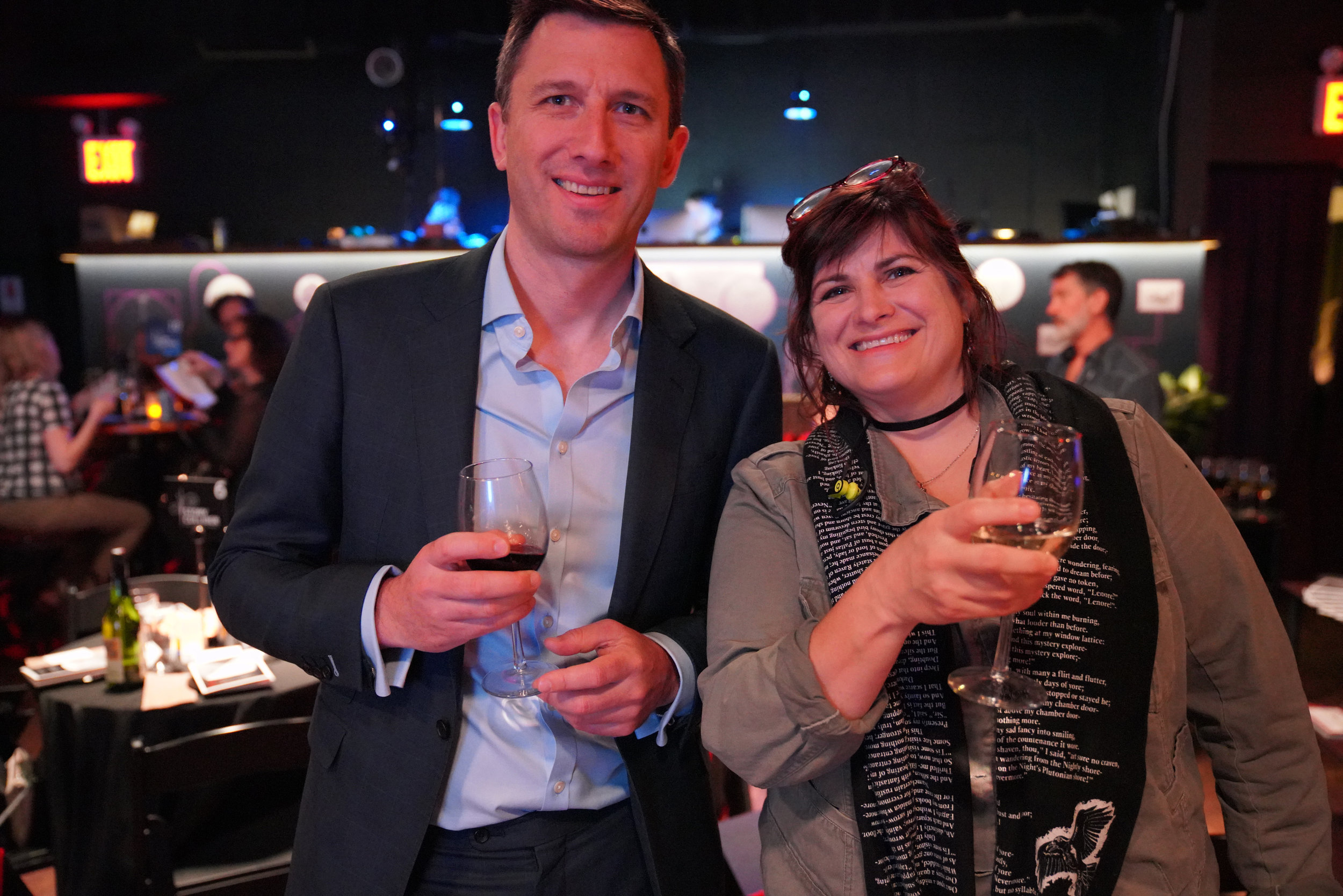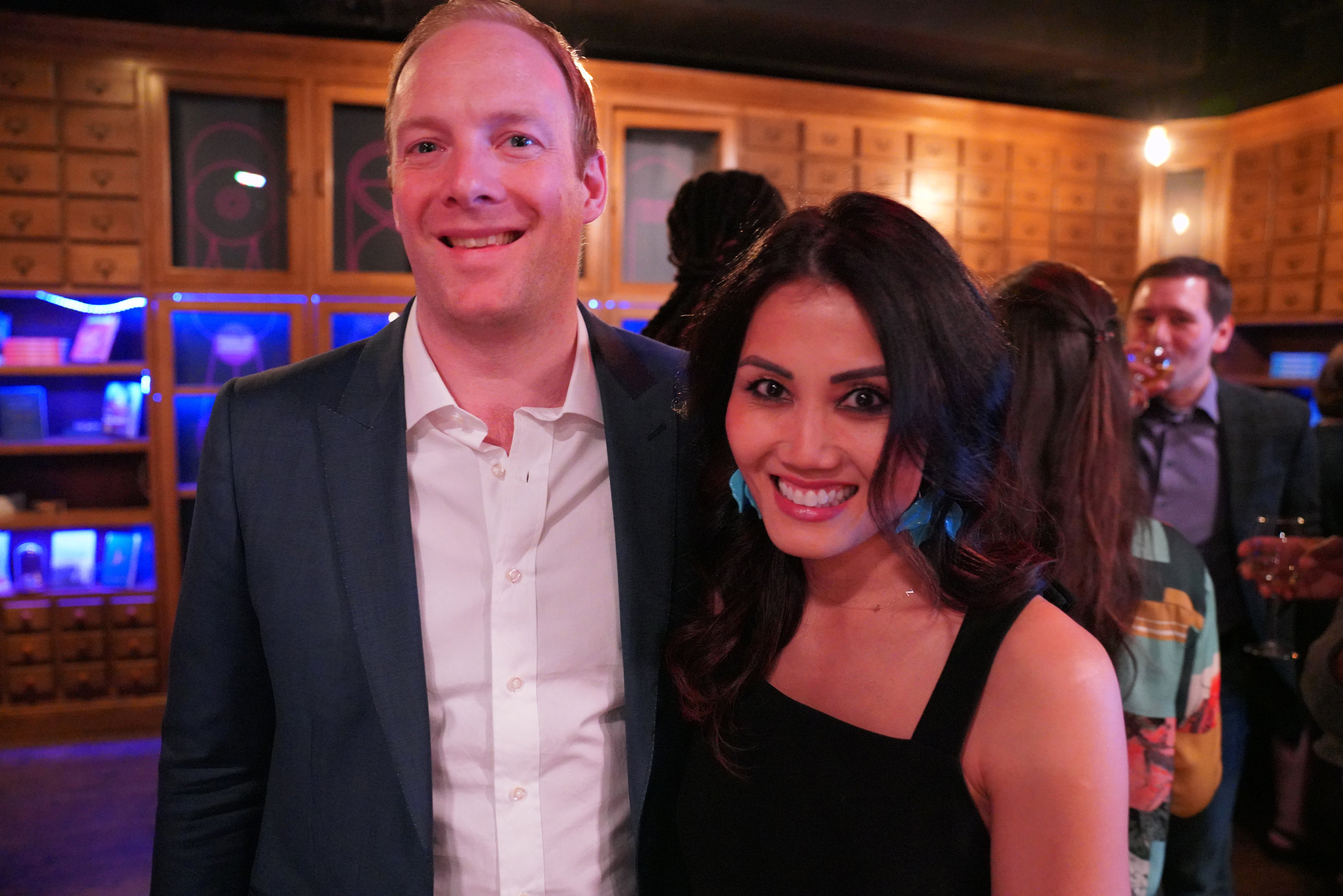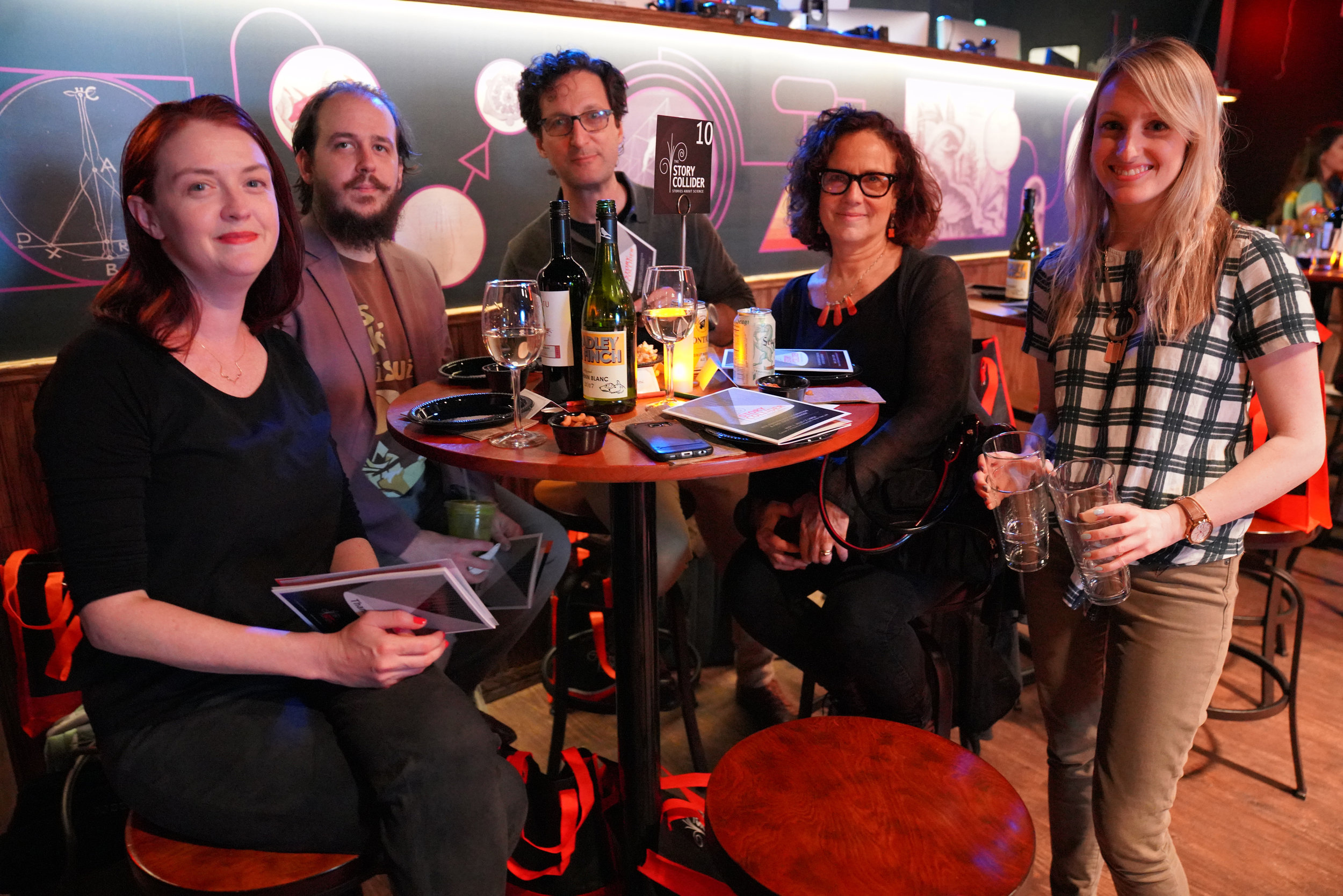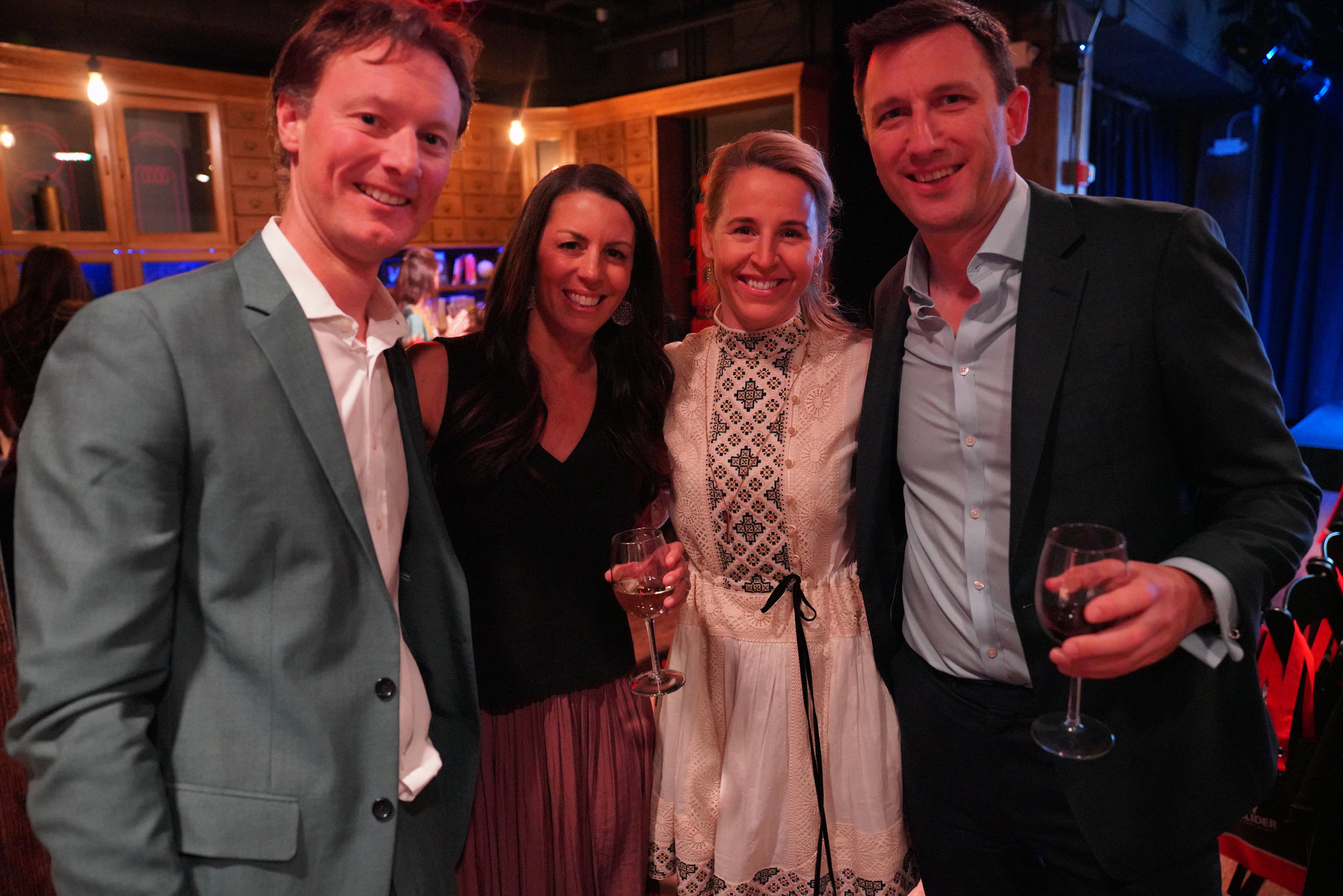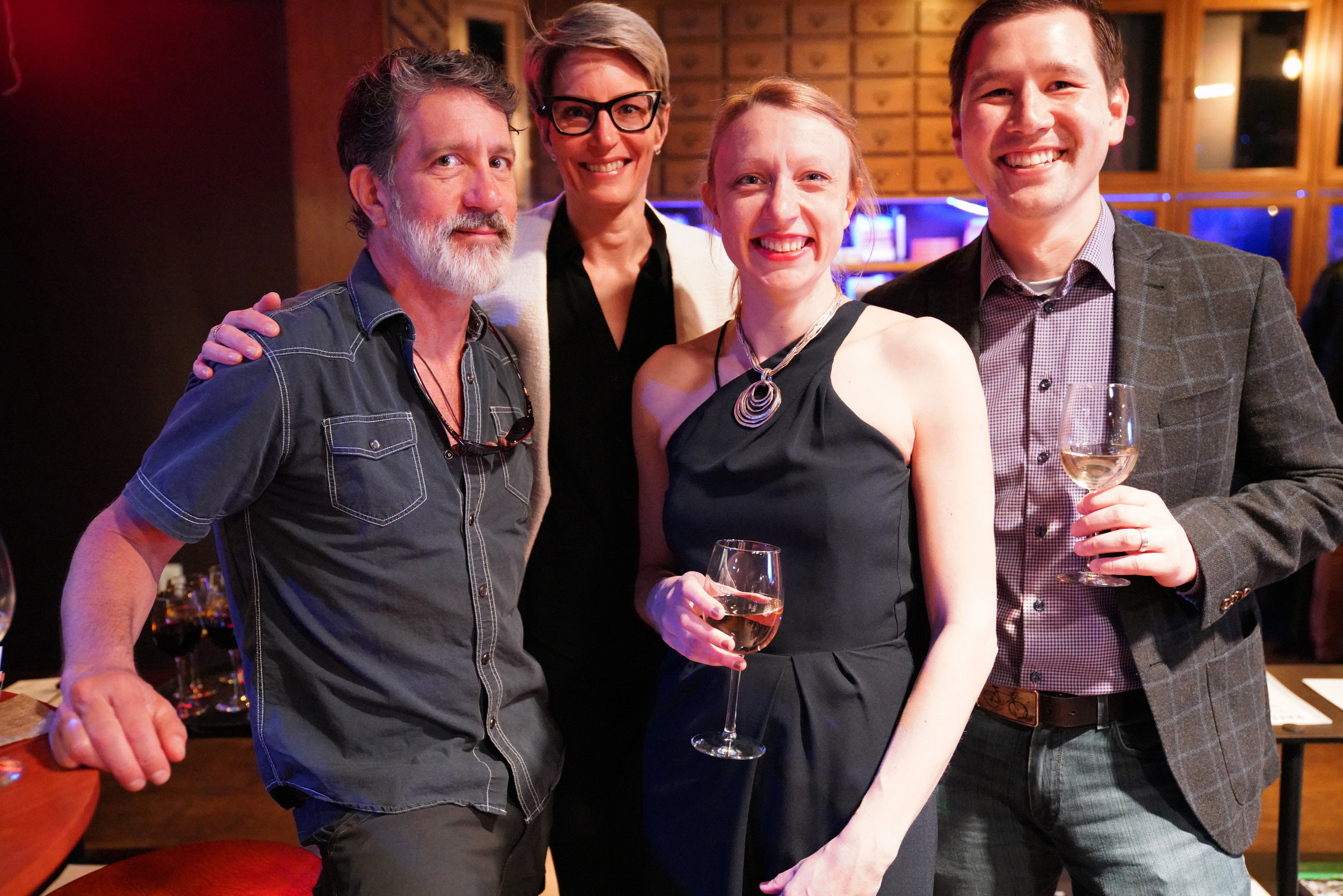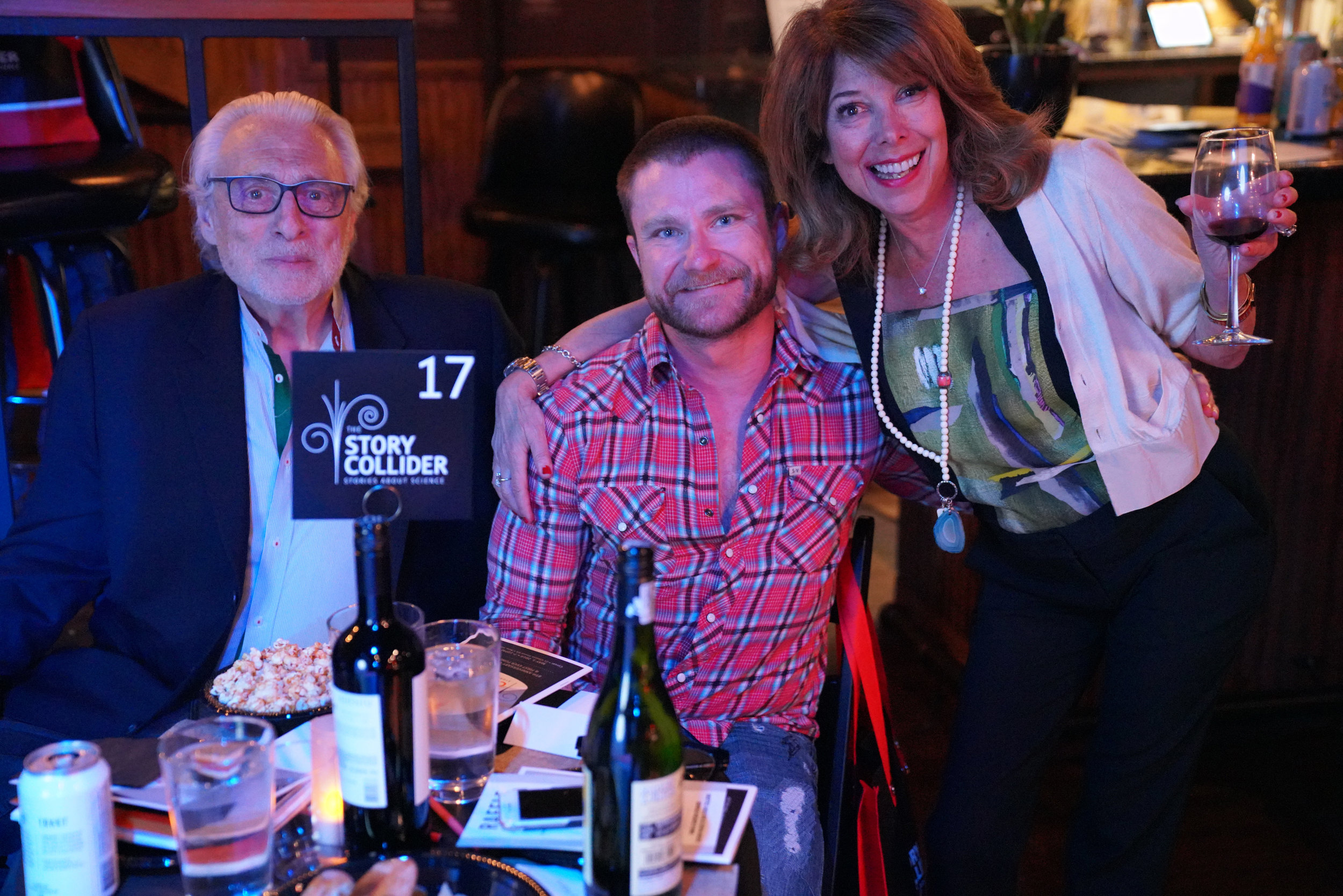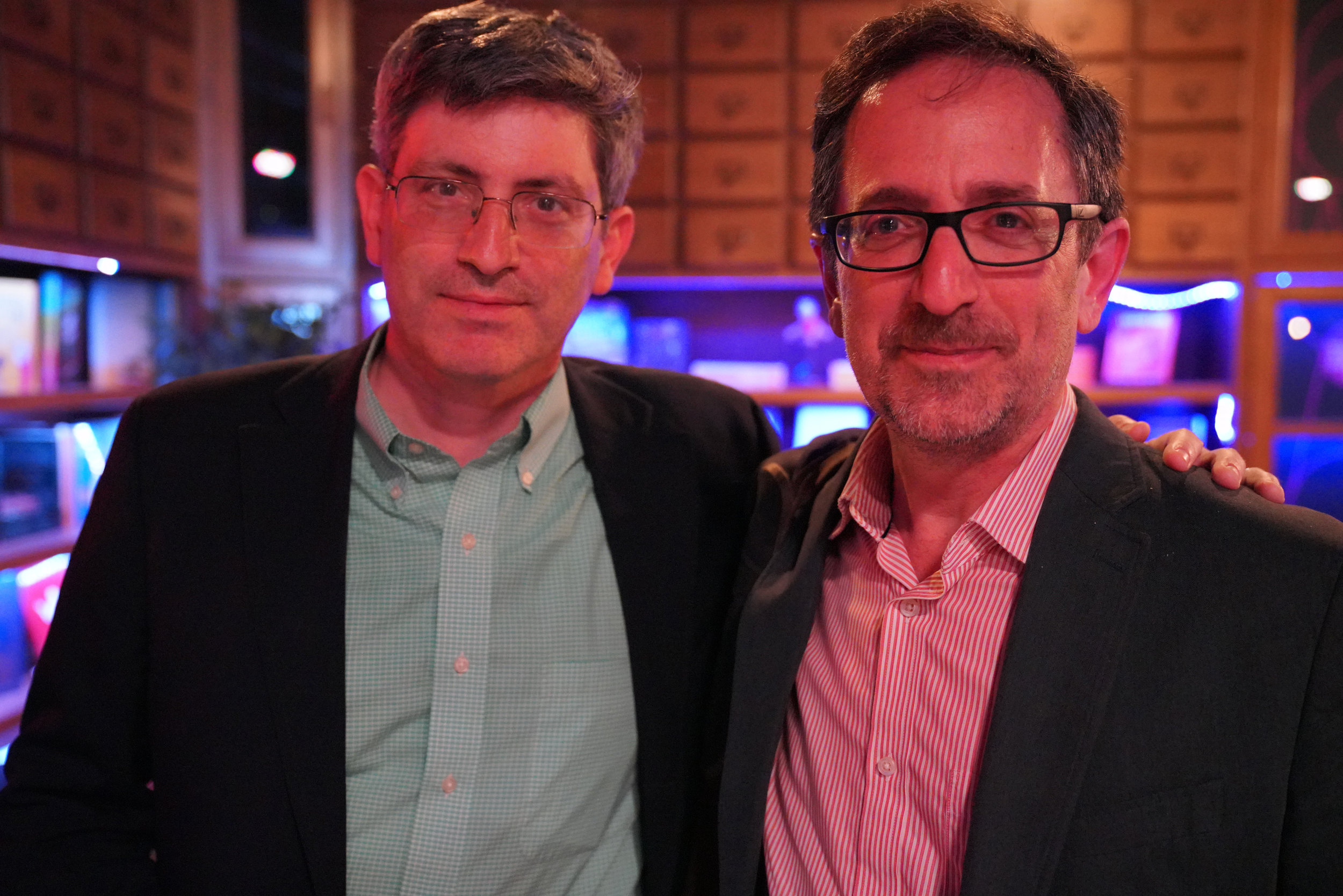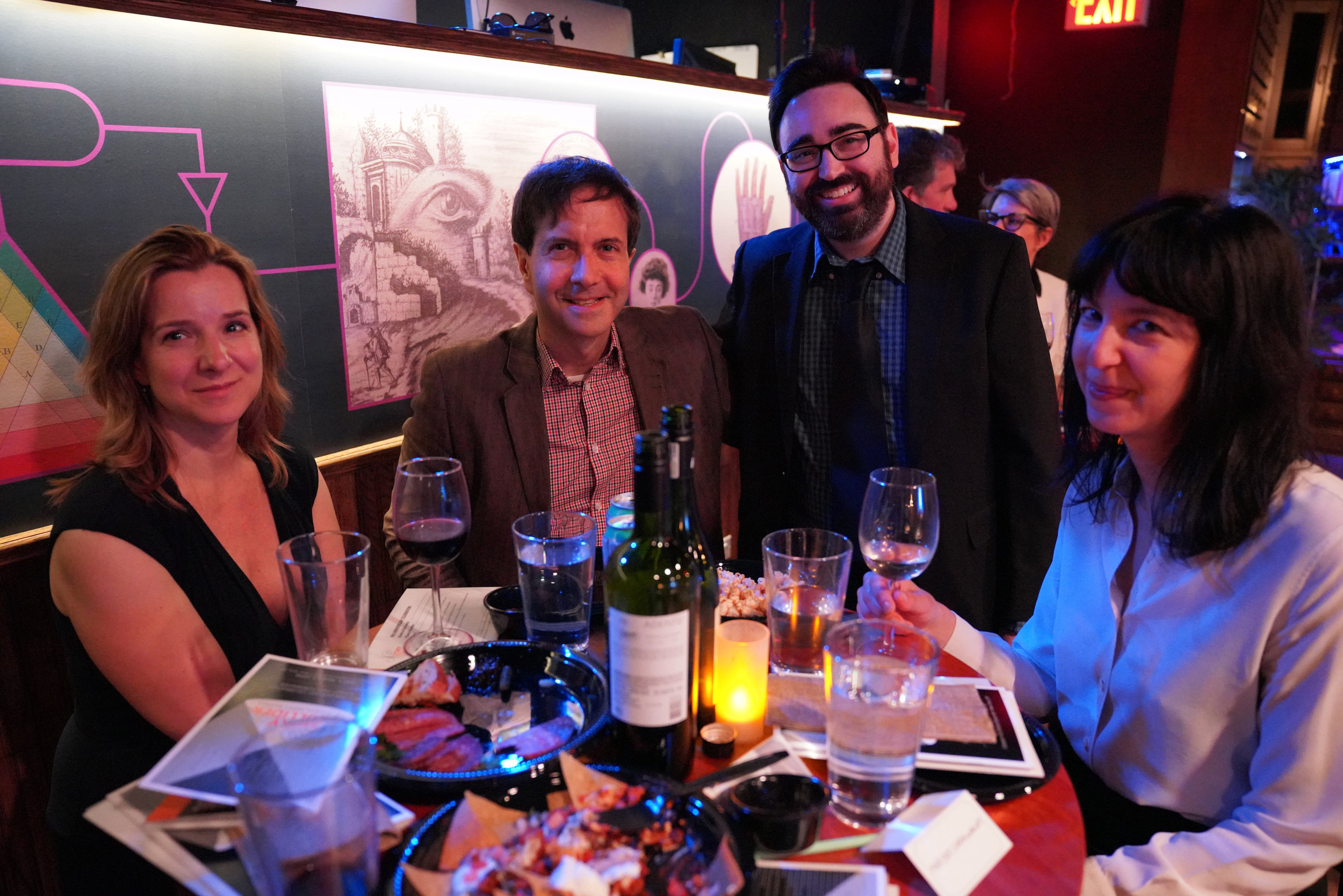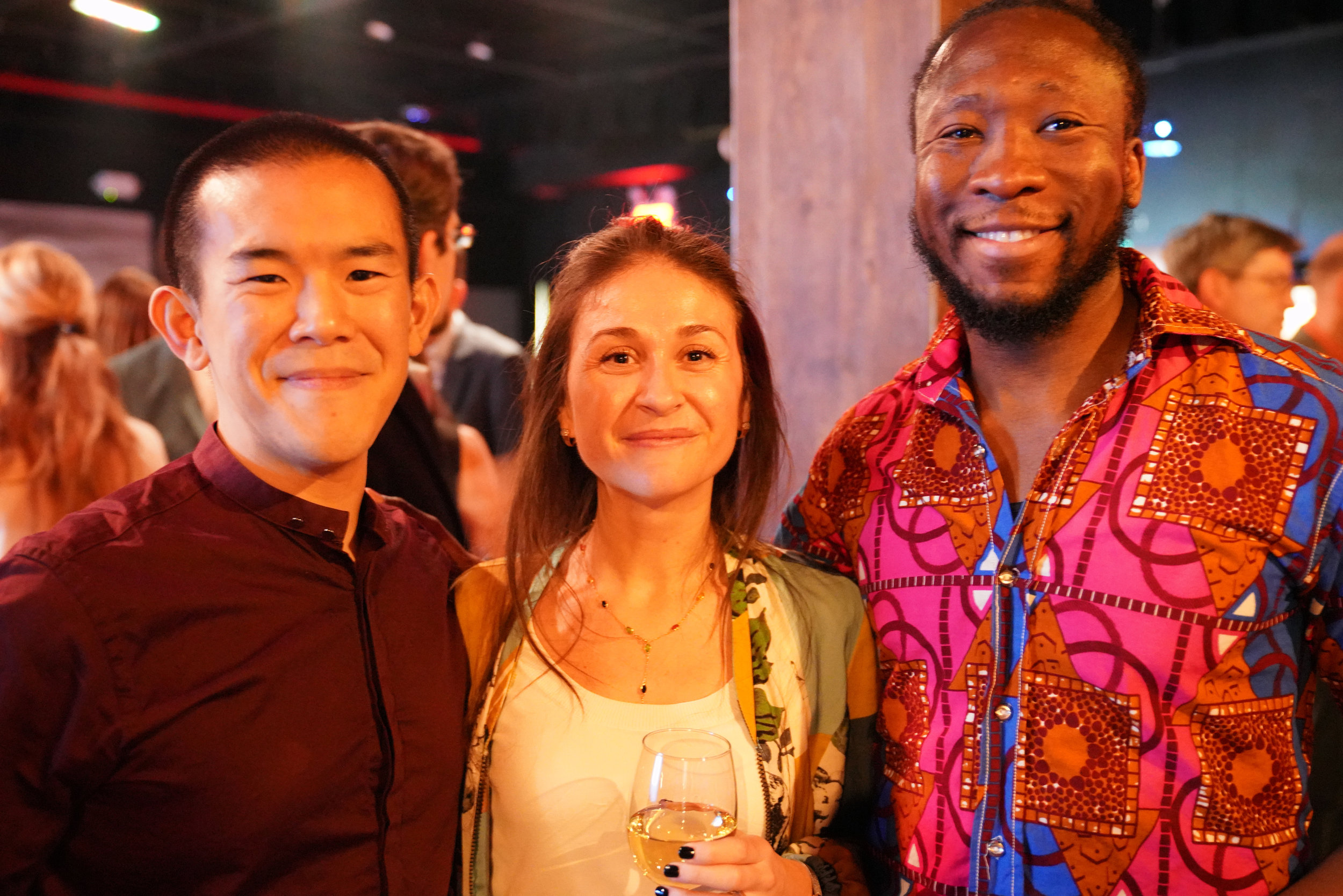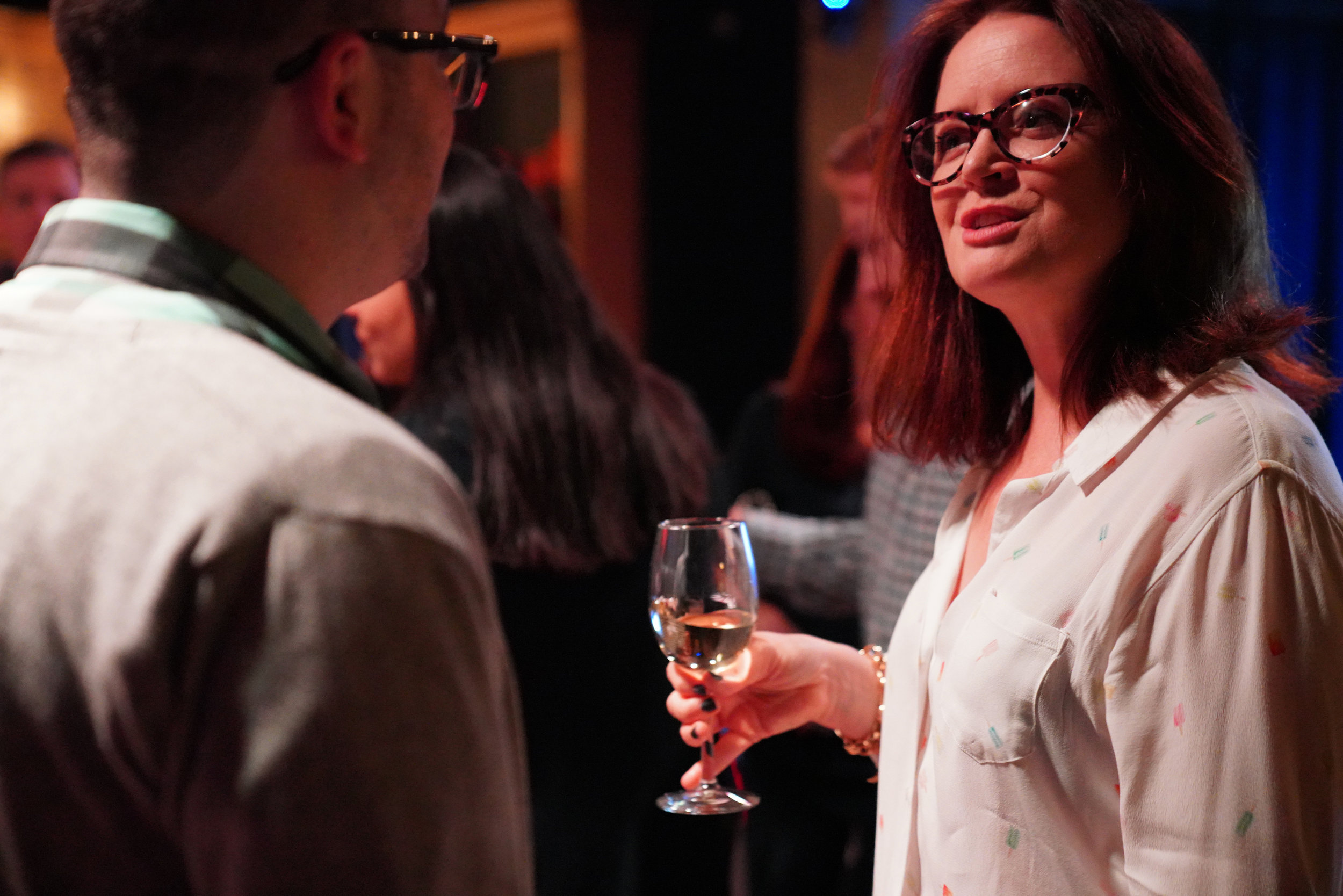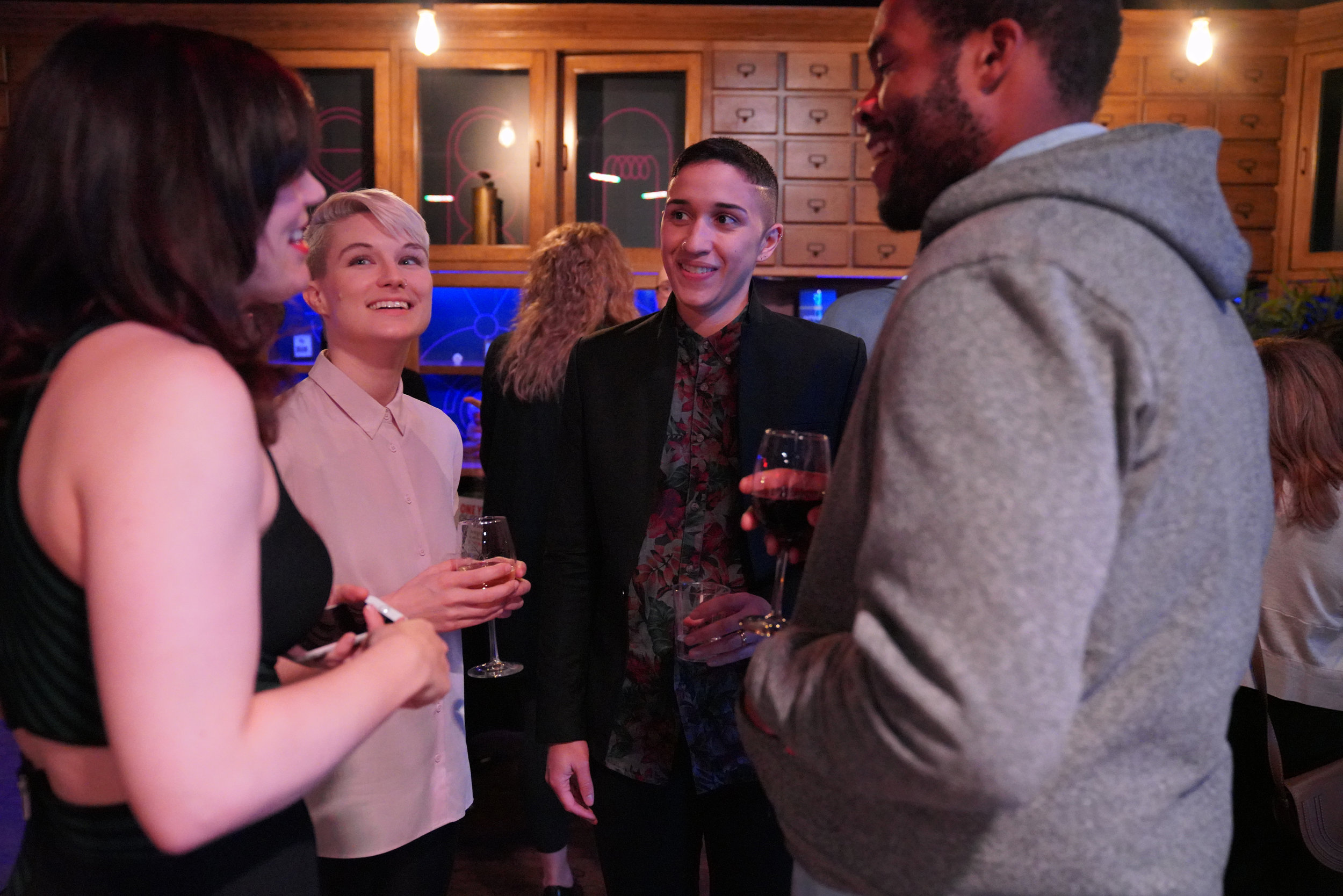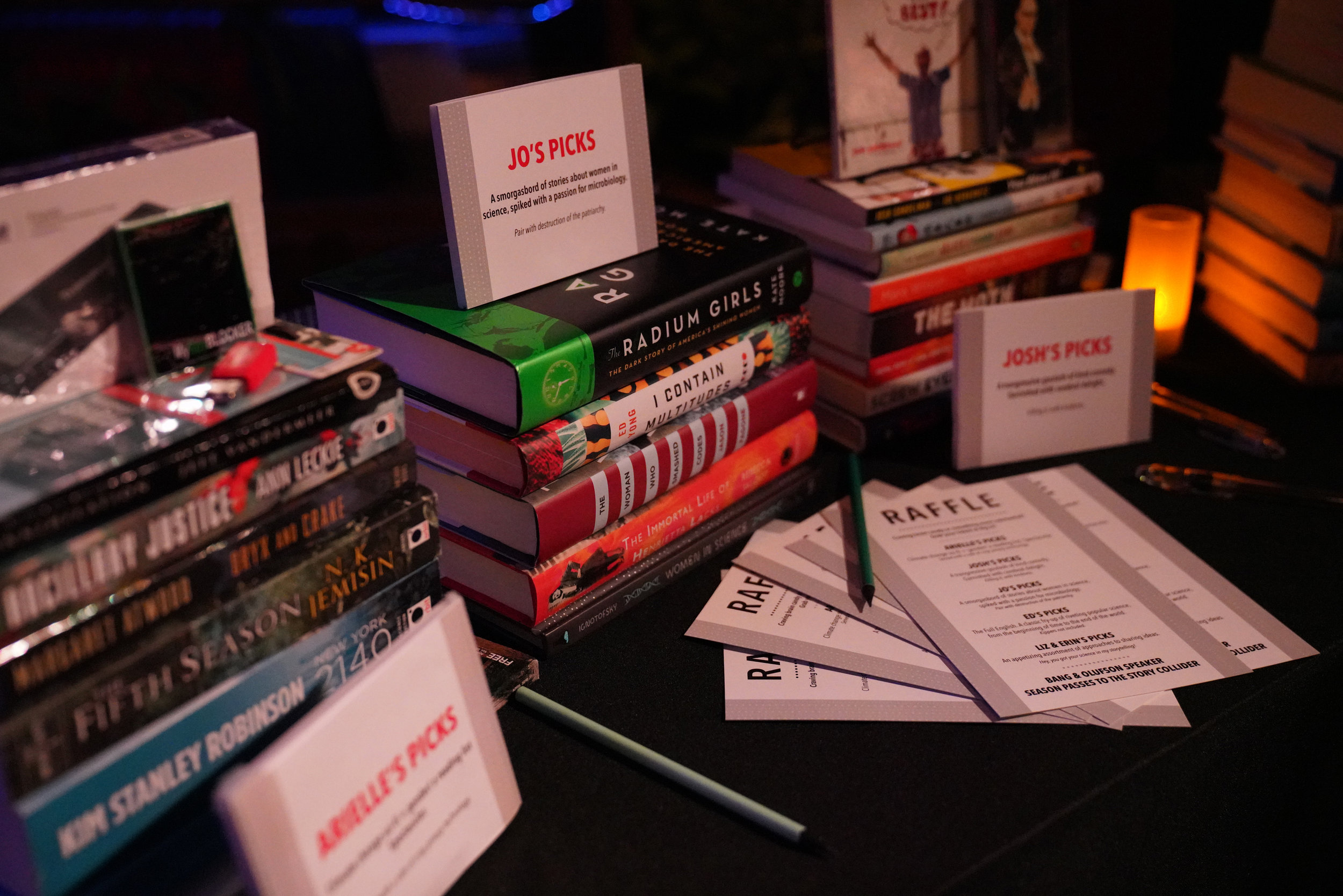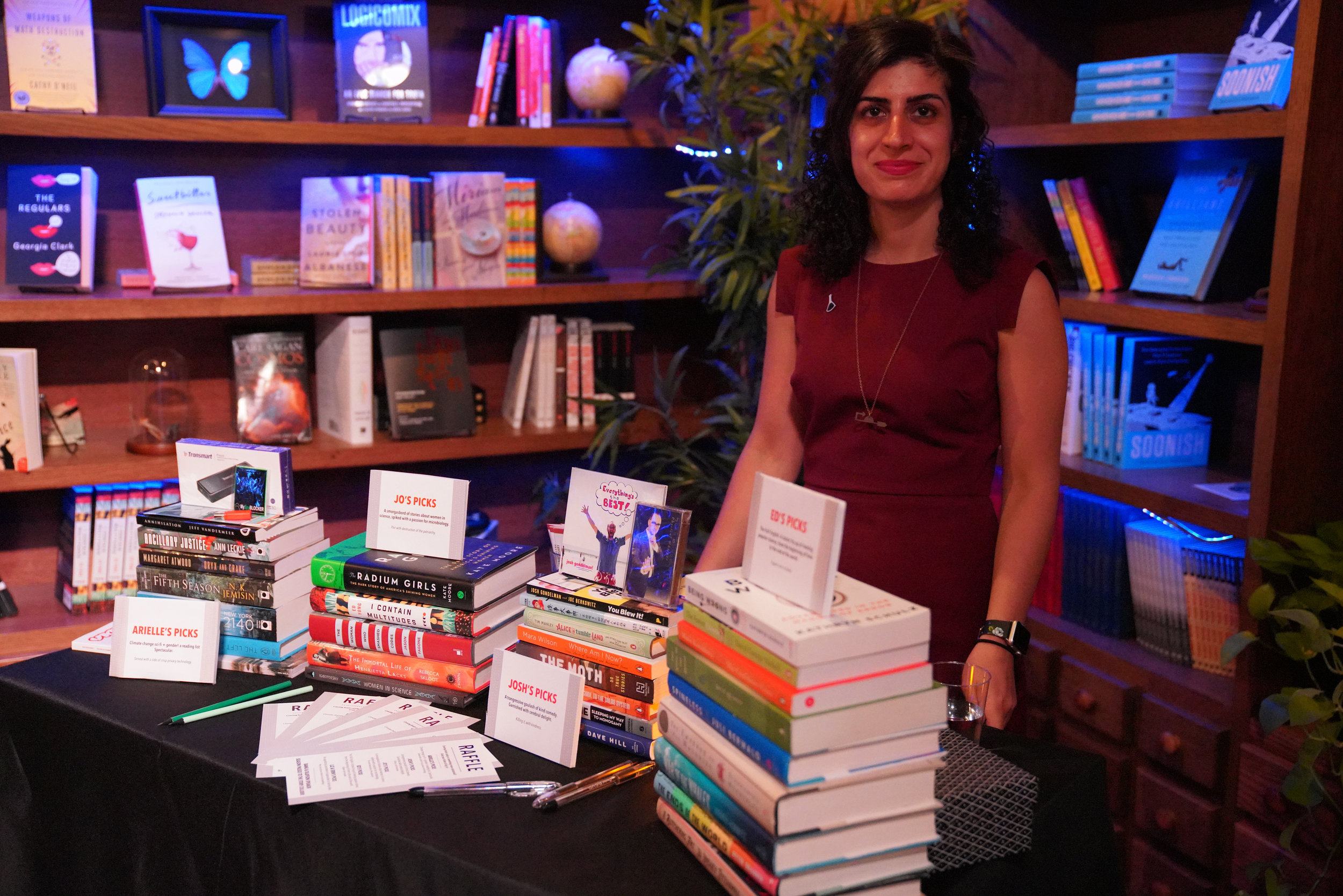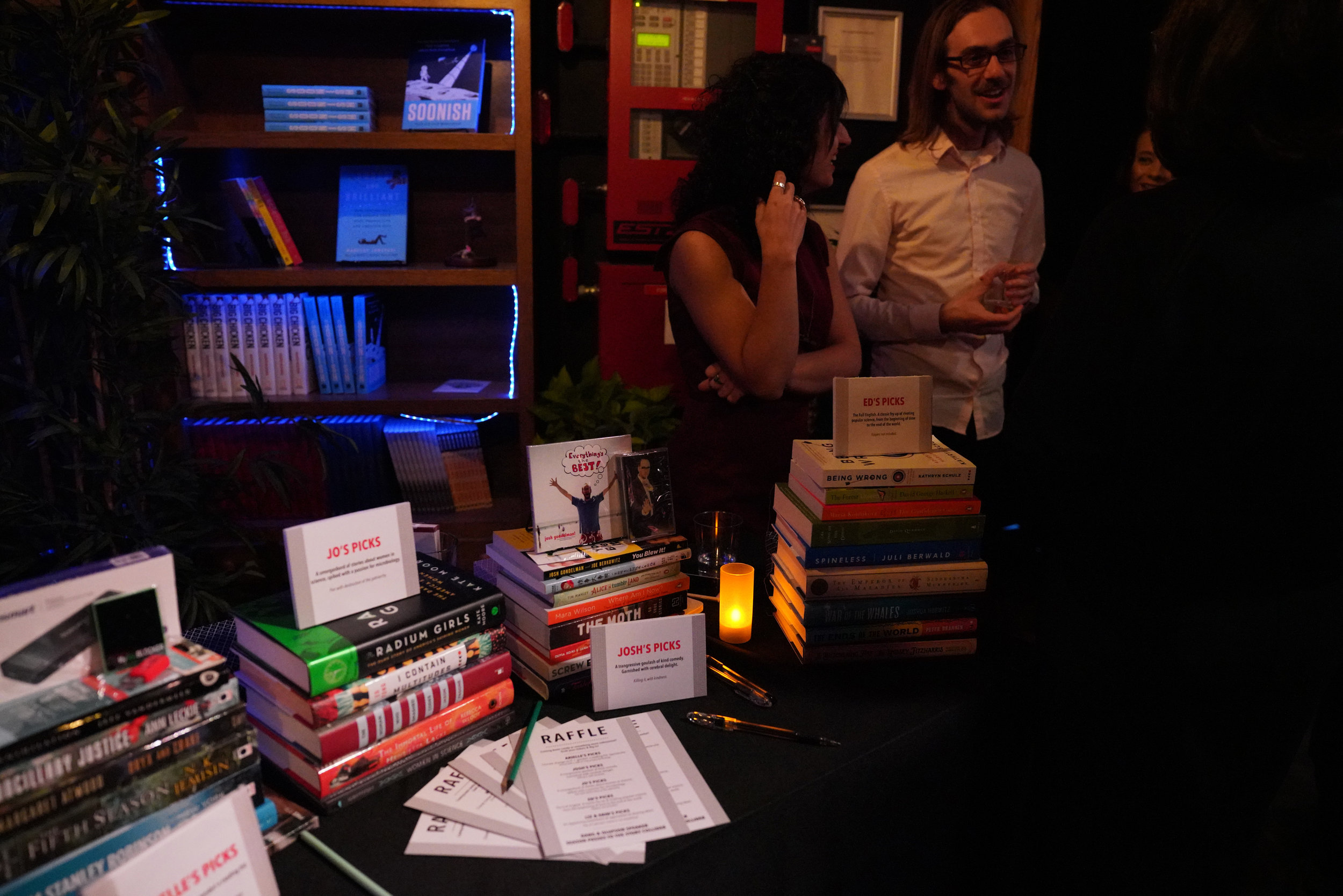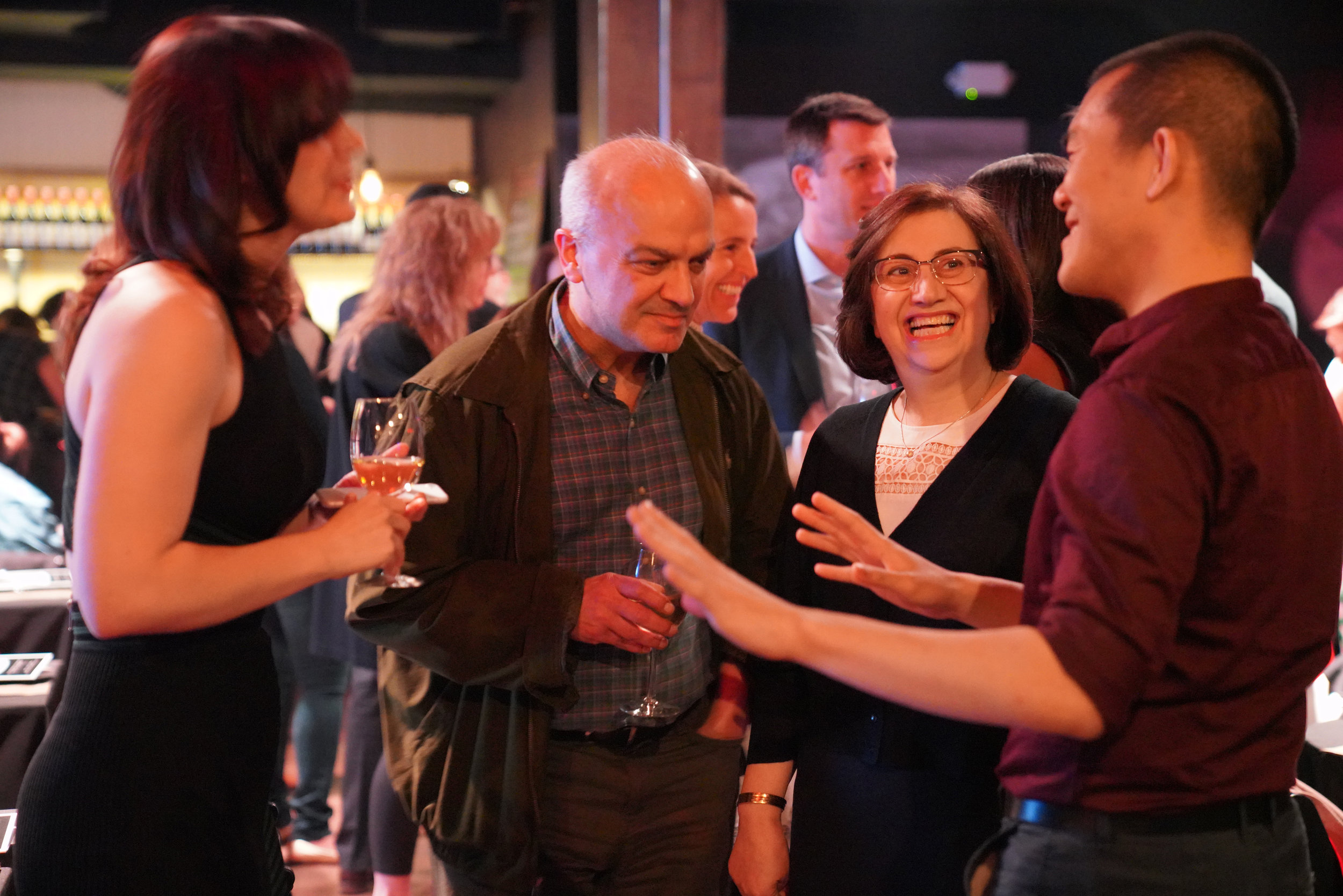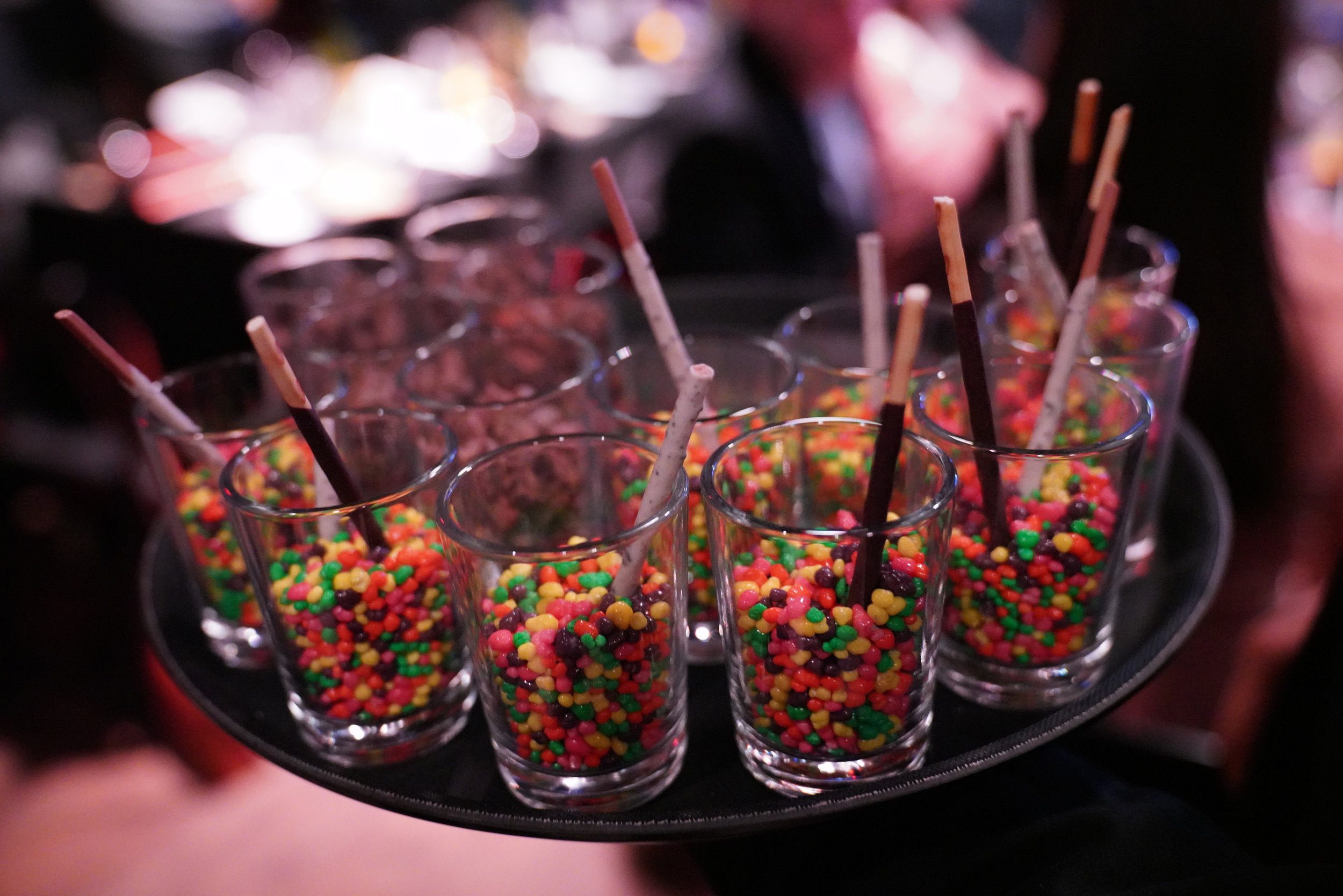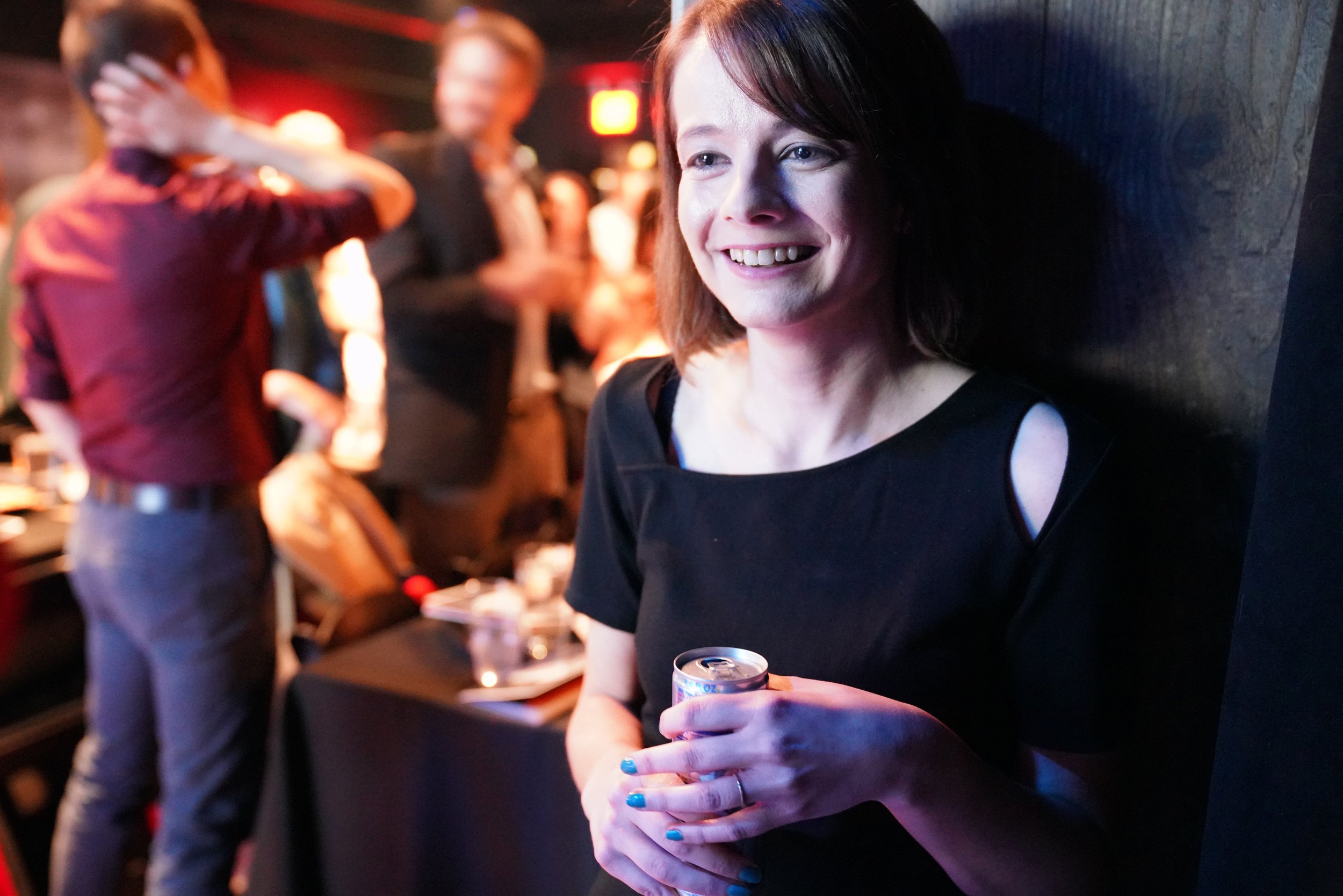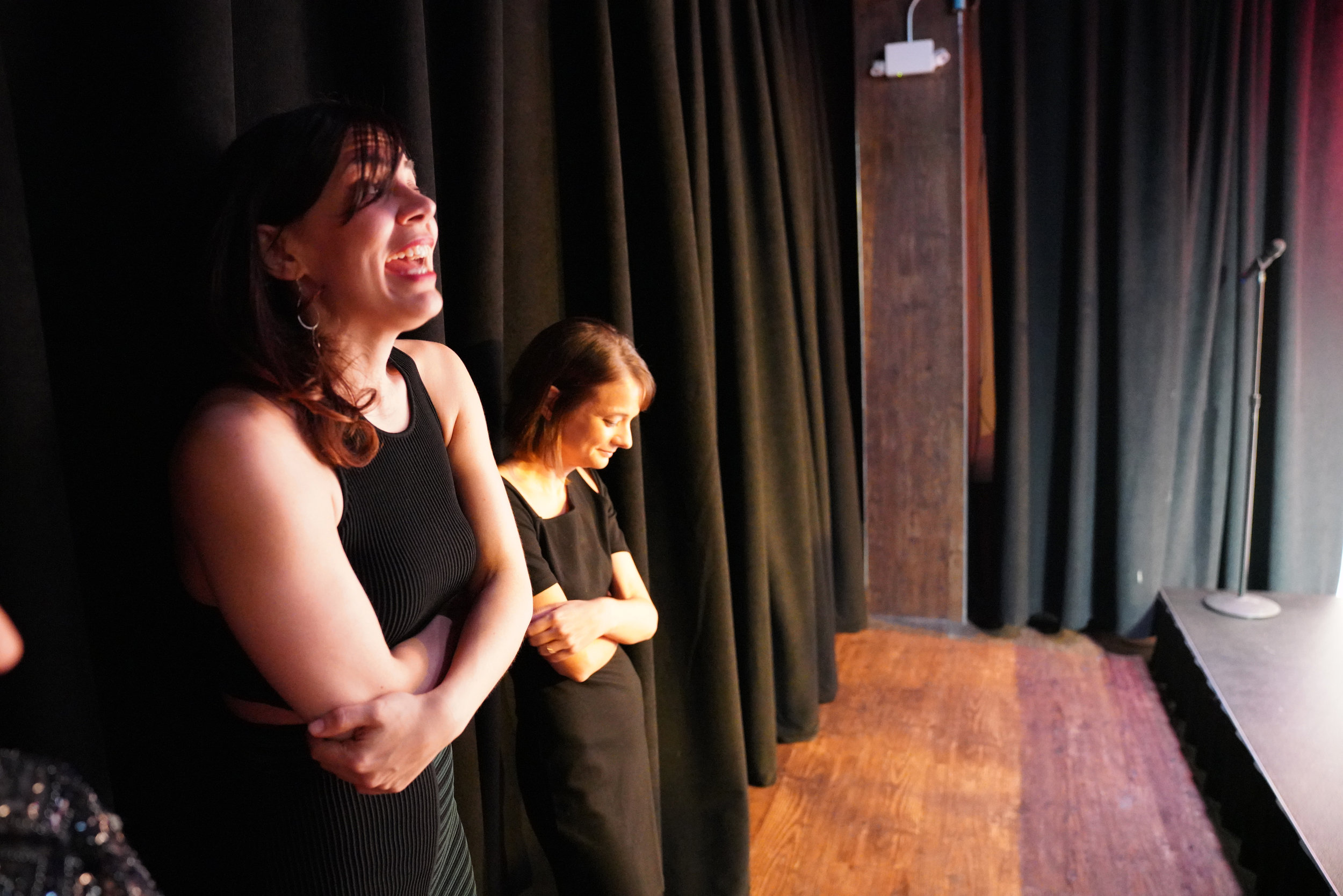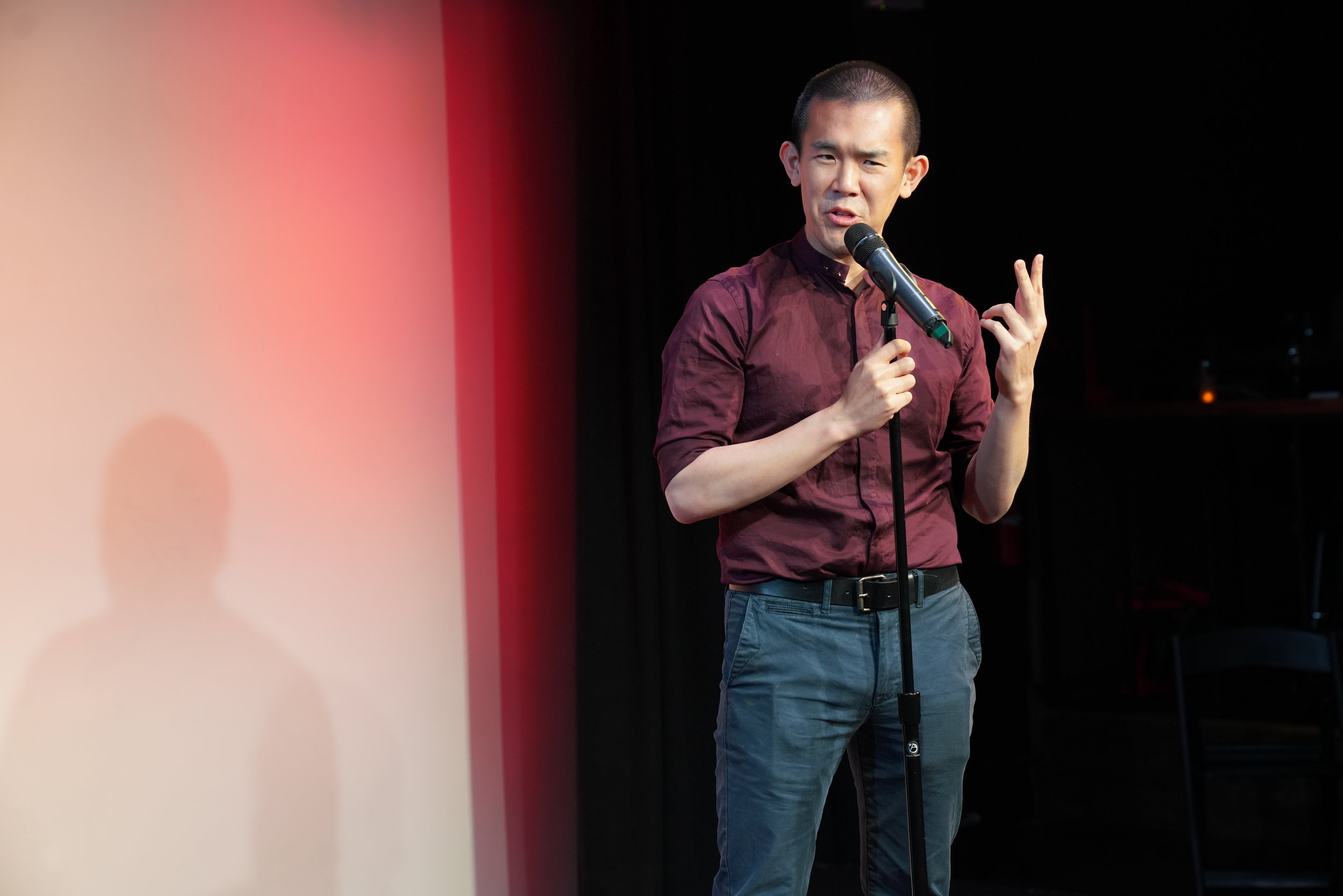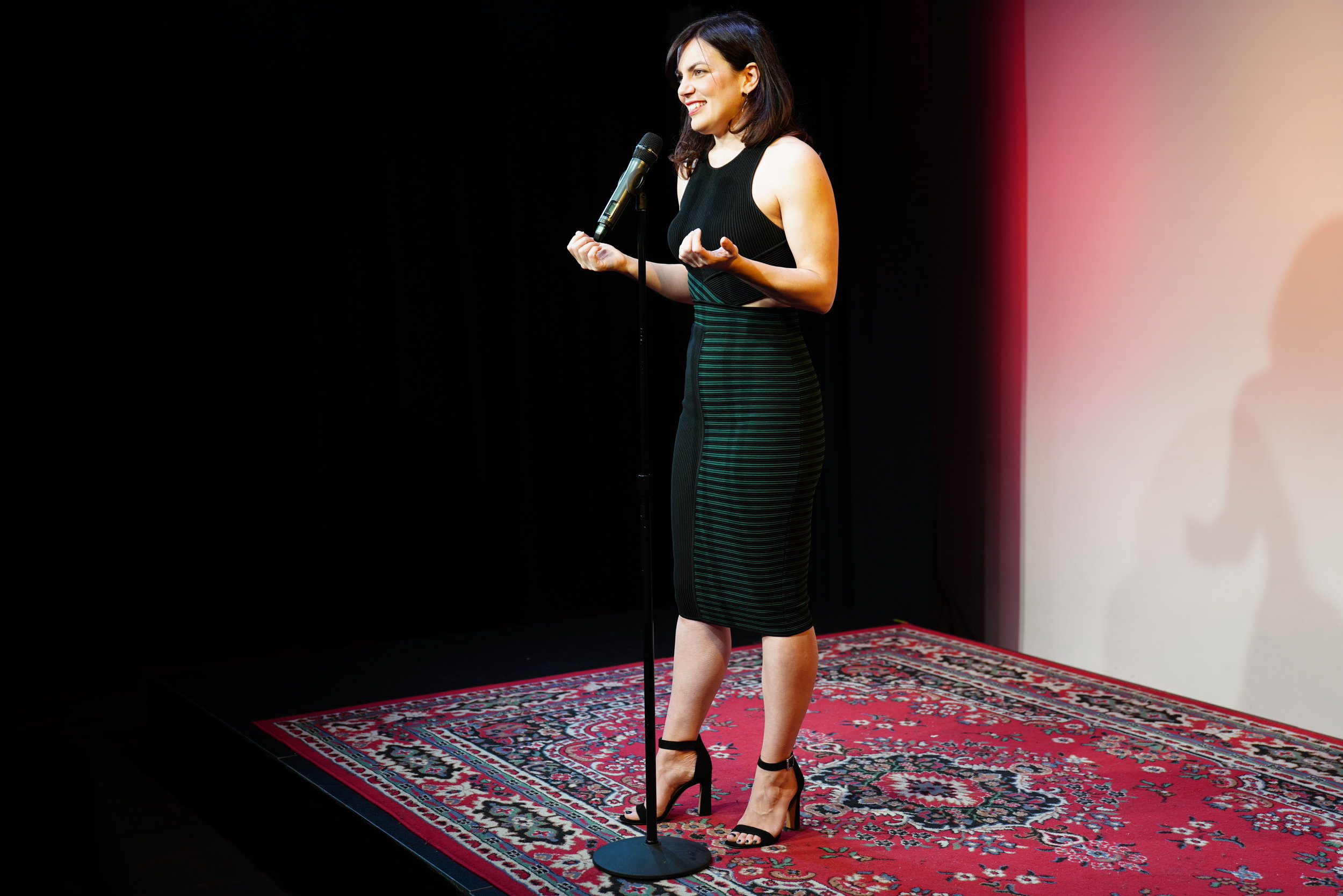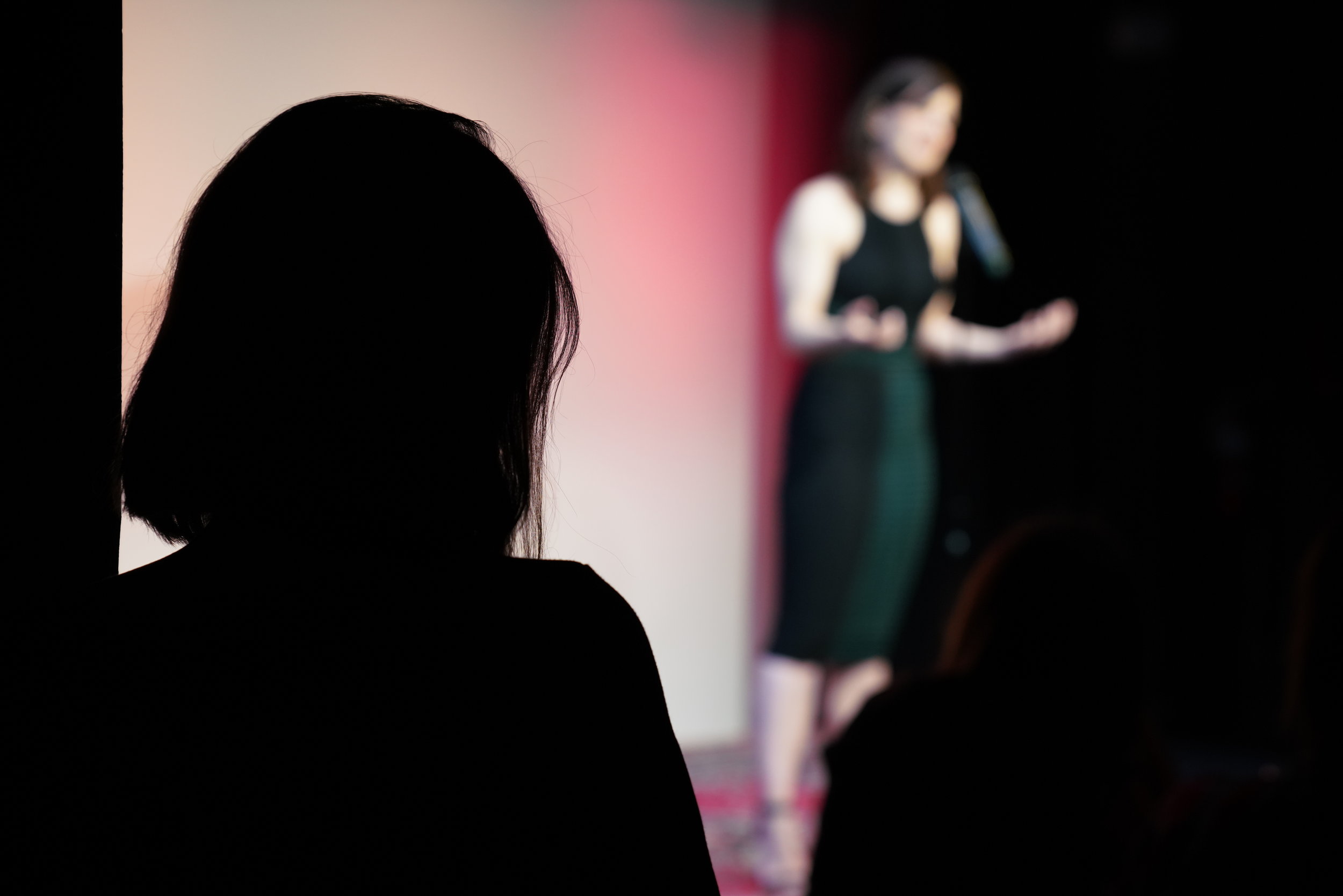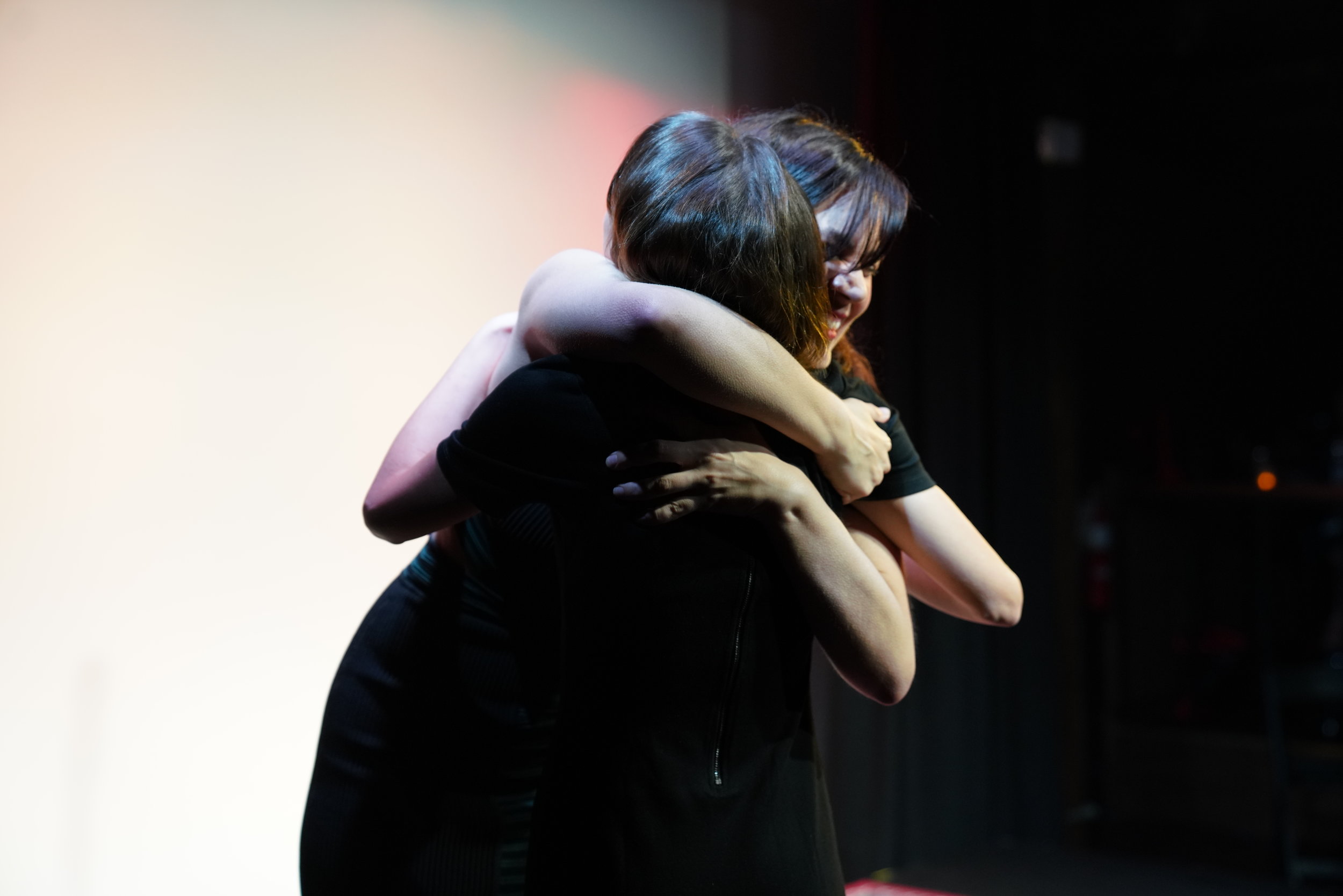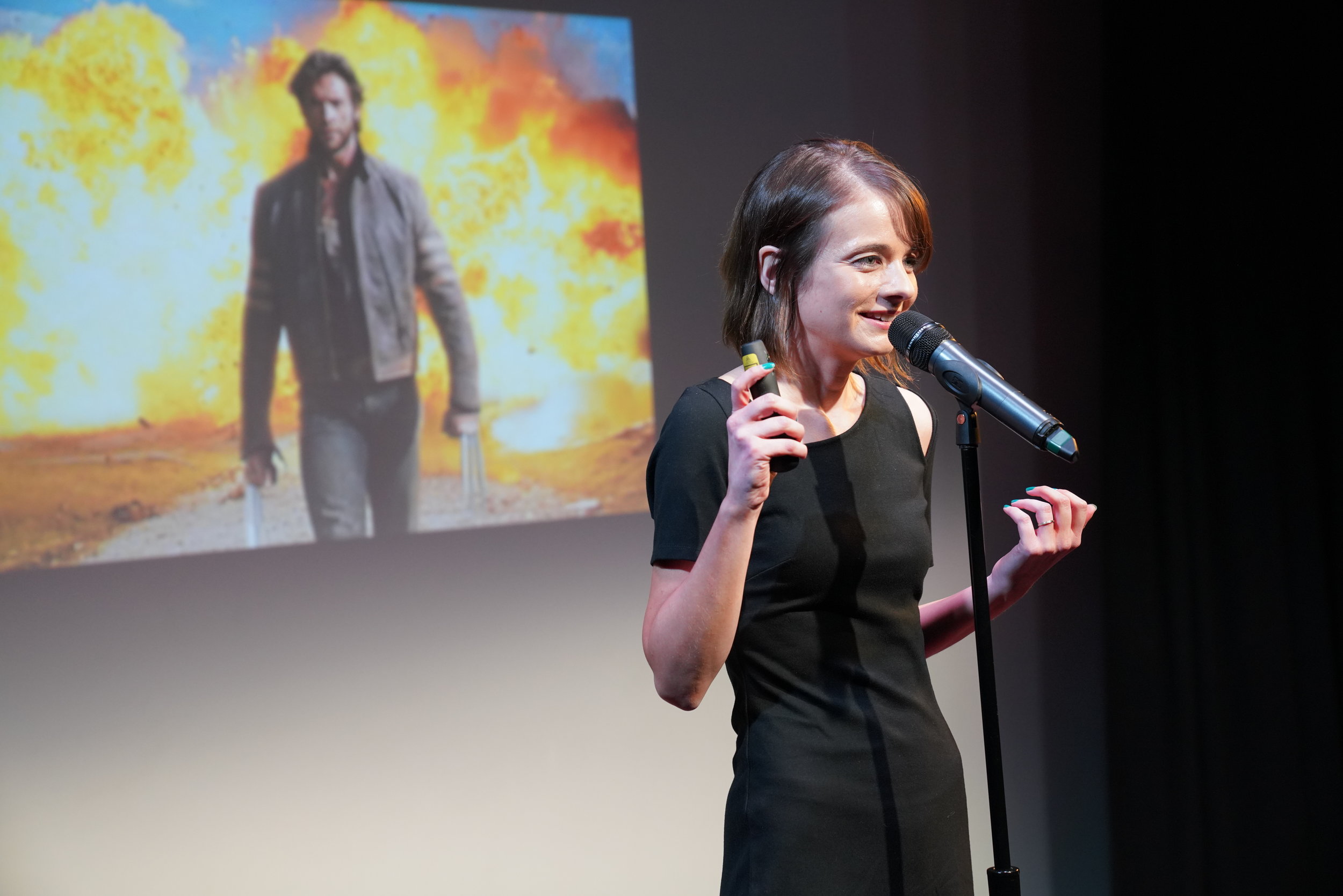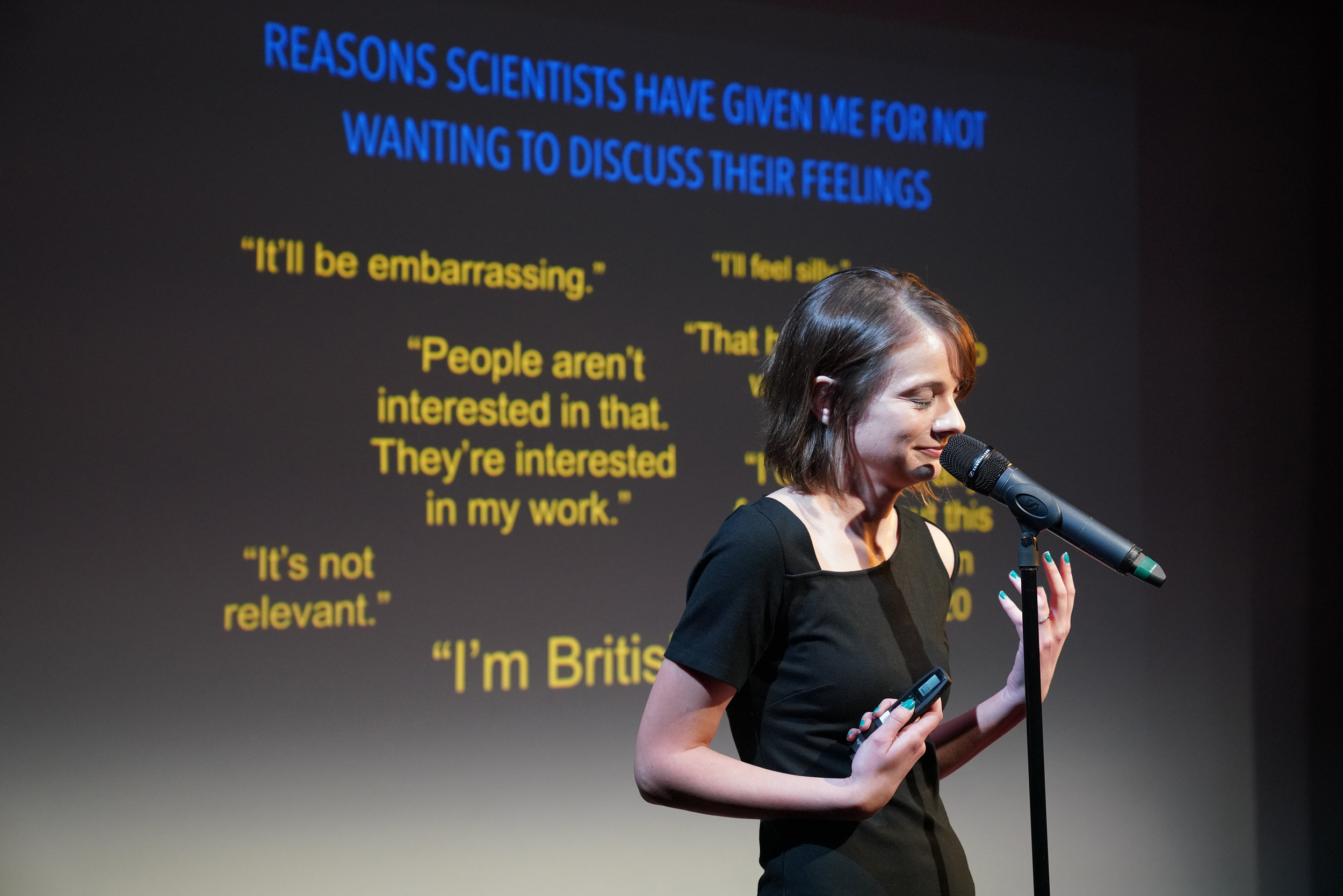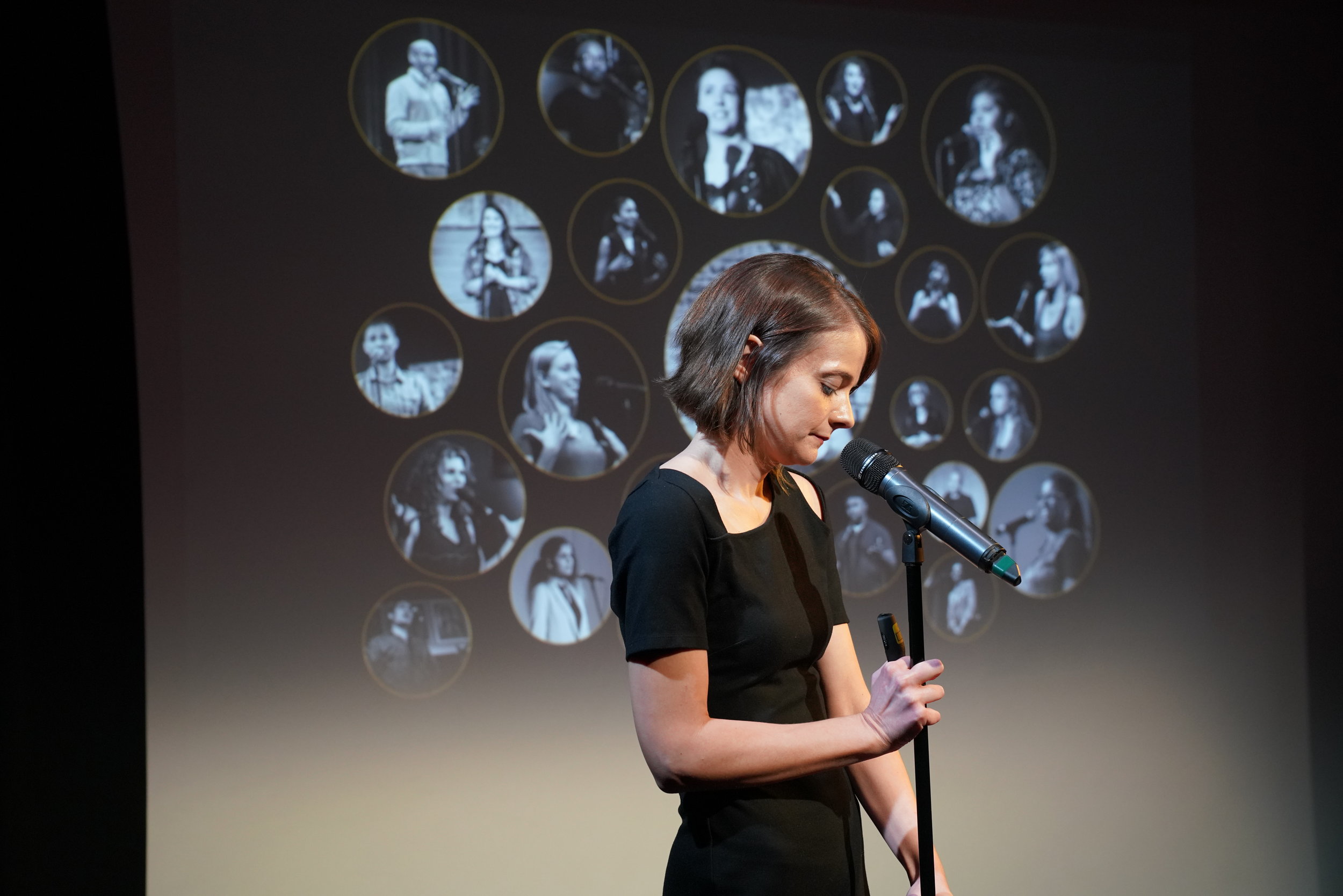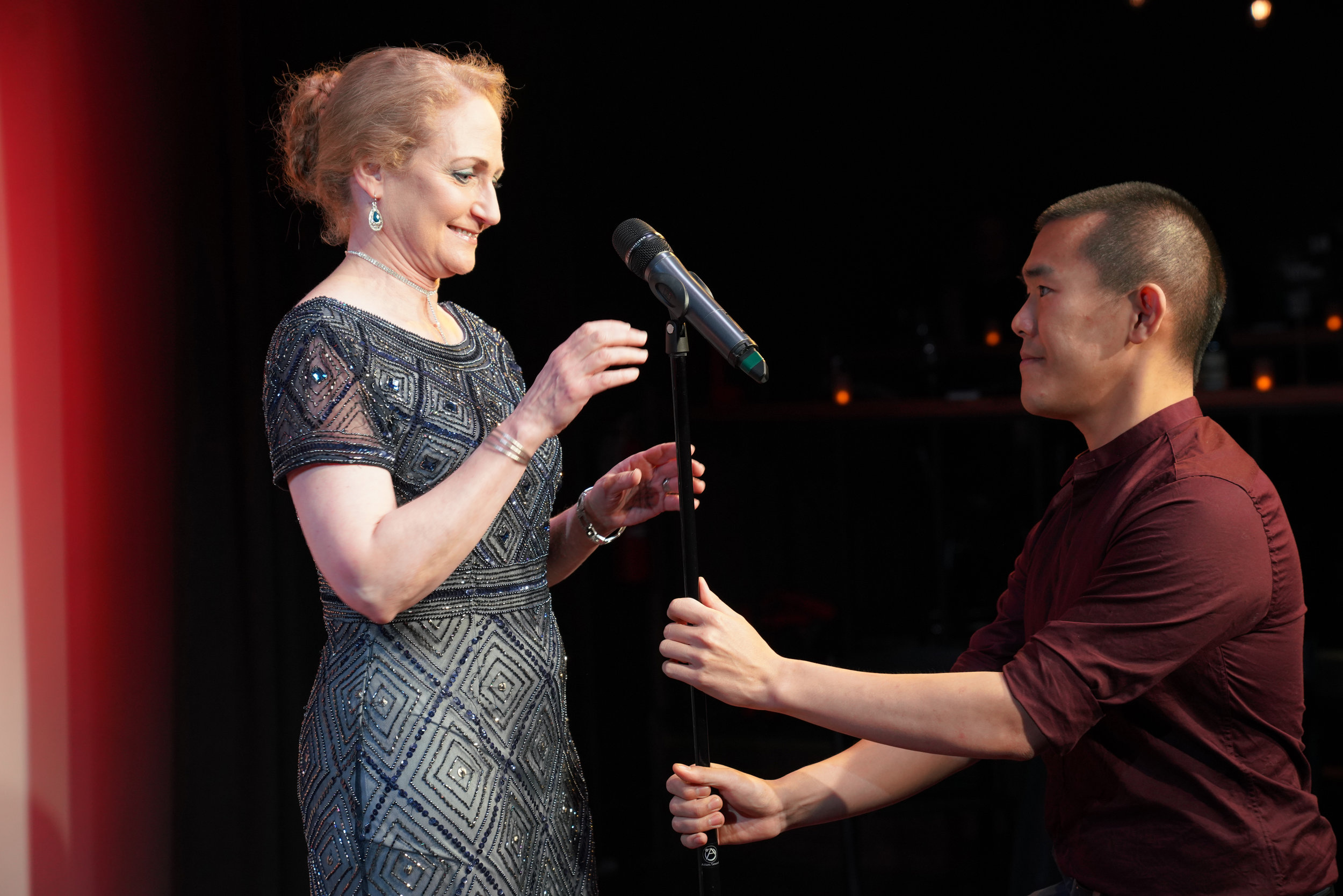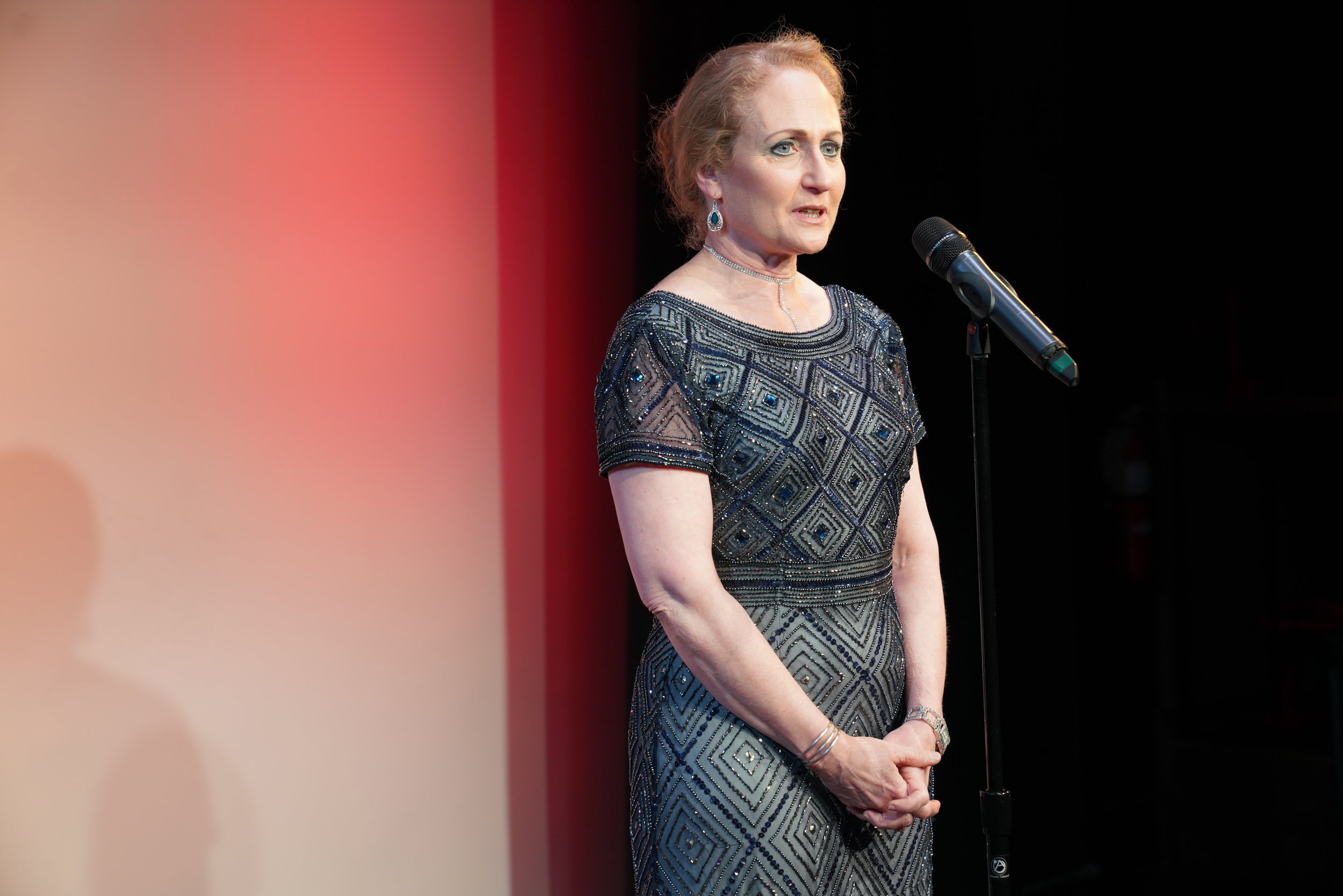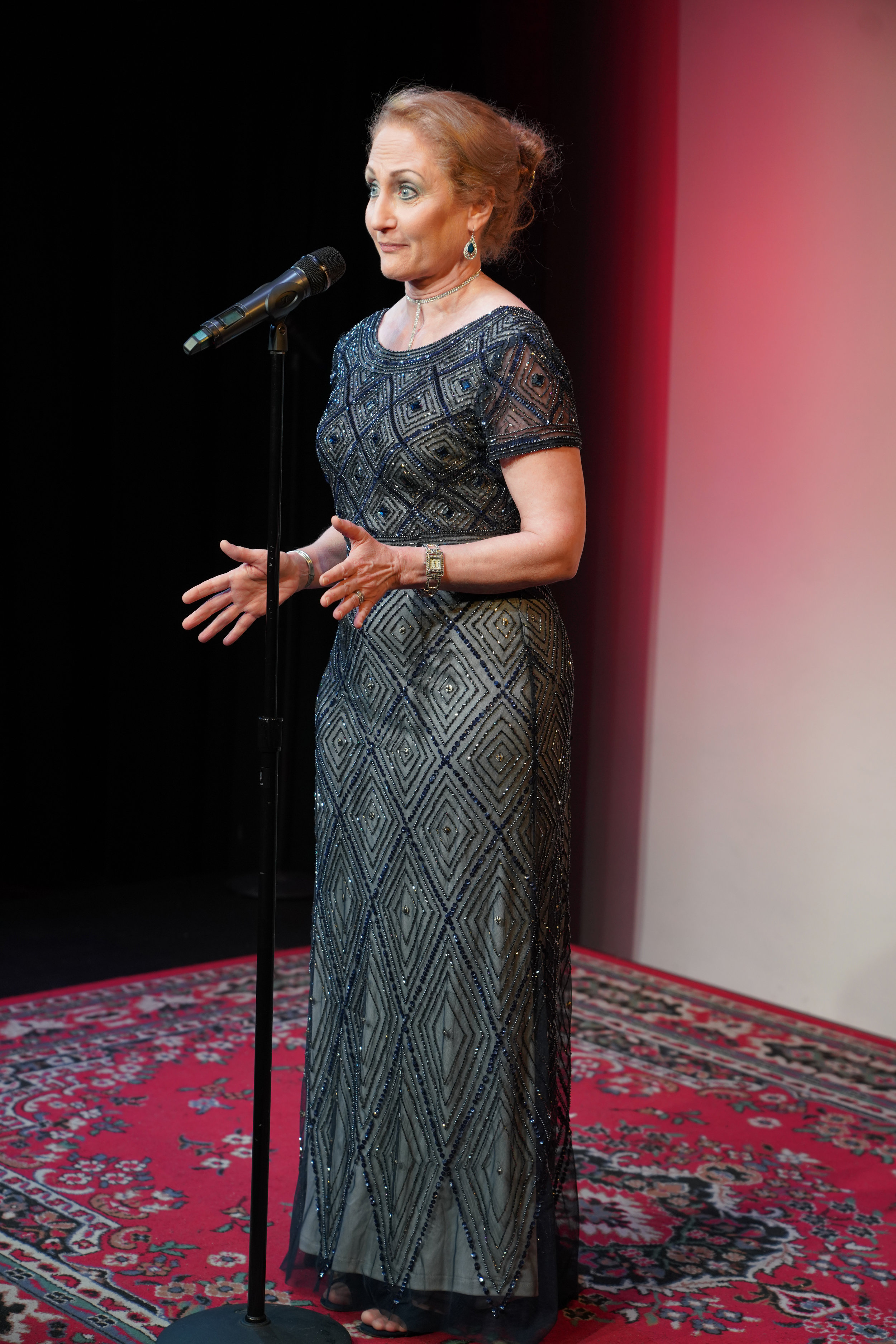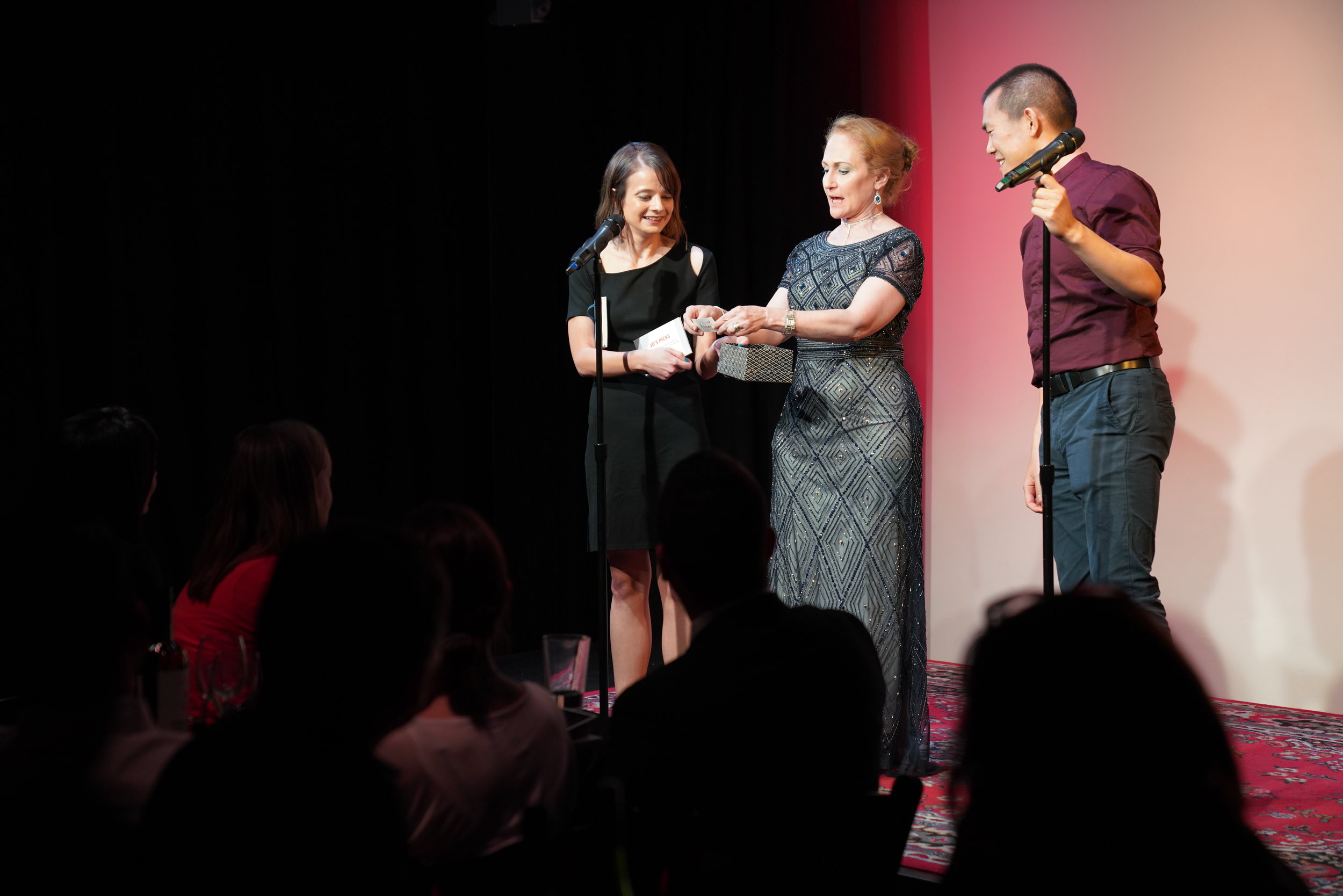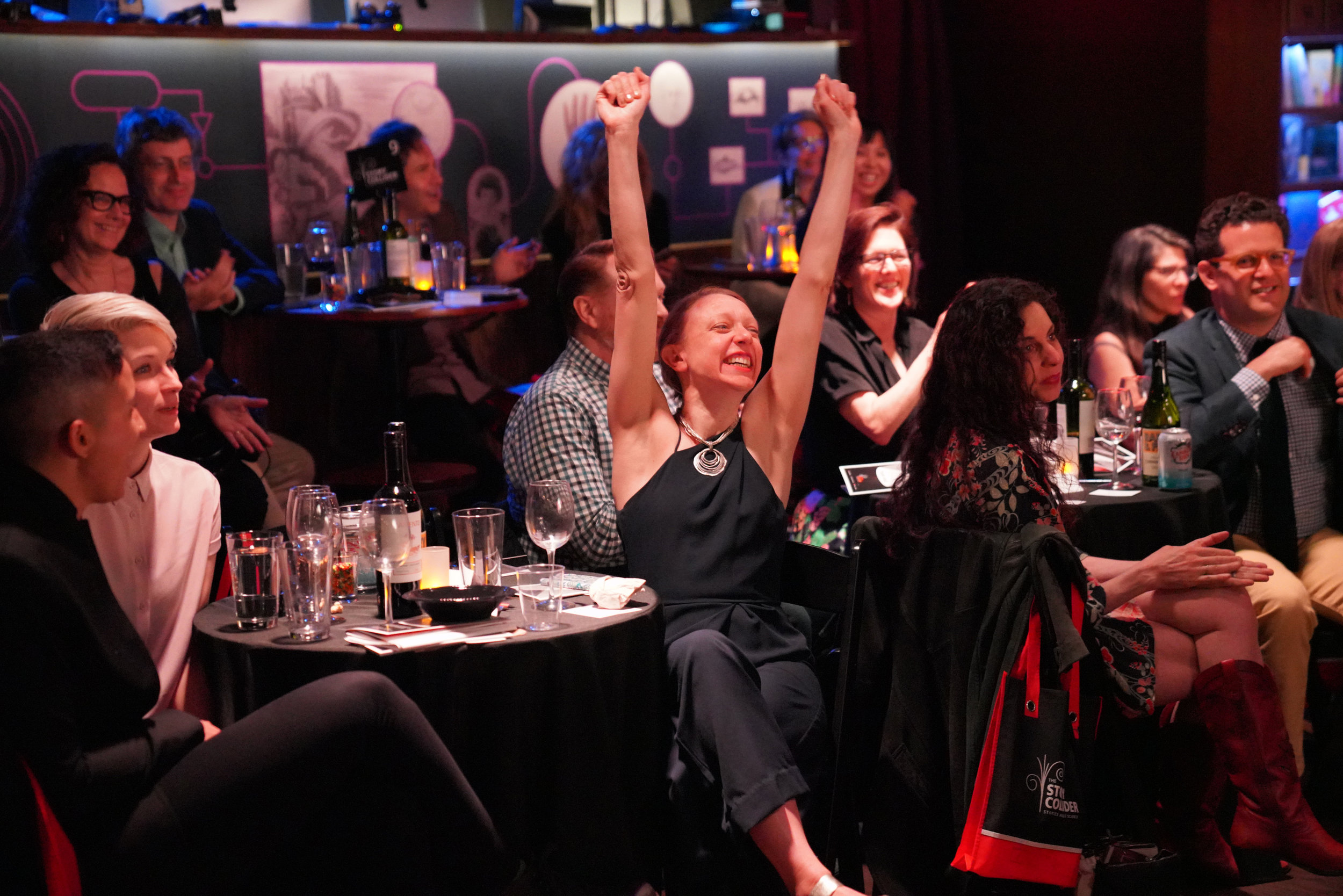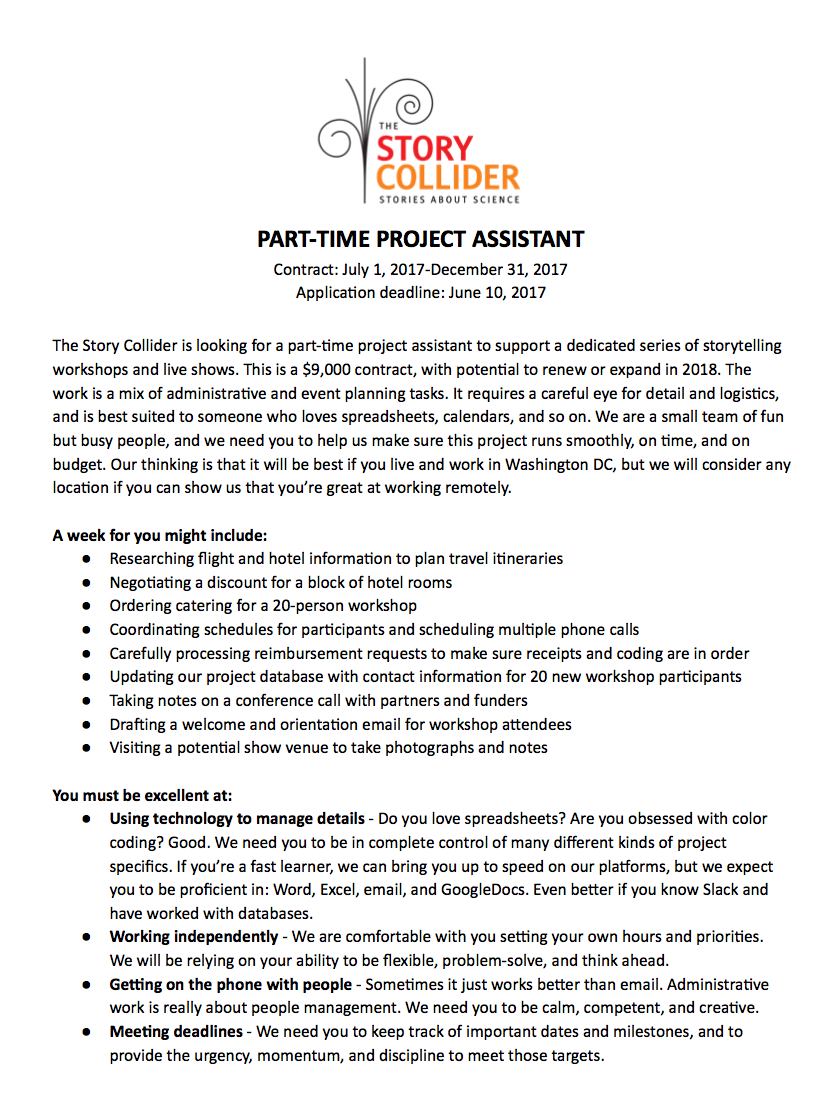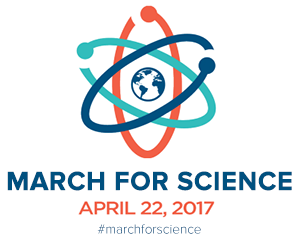Many of us have been personally galvanized by recent political events, but our team hesitated. We worried (and continue to worry) about missteps from the March organizers on social media, and what we've seen and heard from critics and supporters alike. We wondered if we were straying from our core mission to find and share true, personal stories about how science affects people’s lives.
And then we thought about some of those stories we’ve gathered over the past seven years.
The environmental engineer who fought against government cover-up in Flint, Michigan, when he and his team discovered lead in the water.
The Muslim physicist whose neighbors reported him to Homeland Security.
The biomedical engineer who had to take out a loan “equivalent to feeding ten thousand hungry people for ten years” just to come to the United States for his education. The physicist whose perspective is forever shaped by her experience as a war refugee. And all of the other immigrant scientists we’ve worked with who came here to contribute to science.
The bioethicist who was sexually assaulted on the subway and couldn’t find a police officer who would take her seriously.
The geneticist who was harassed by Milo Yiannopoulos and his followers because she believes women have a place in science.
The transgender marine biologist who worried he wouldn’t be accepted by his colleagues.
The African American biologist who was called a “whore” because she wouldn’t work for free. And all of the other scientists who were told they weren’t good enough for science, or that they didn’t belong in science because of the color of their skin or because of their gender or ethnicity or sexuality, or because of their accent or where they’re from. The scientists who, as biologist Danielle Lee put it, have to “work twice as hard” for the same recognition.
And that was when we realized that, above all else, The Story Collider must stand with scientists. Not only because we genuinely care about each individual scientist we’ve worked with, but also because we know that things like racism, sexism, ableism, homophobia, transphobia, xenophobia, and Islamophobia stand in the way of good science, which is proven to be most innovative when it’s diverse and inclusive.
There are three things that The Story Collider cannot, in good conscience, compromise on: respect for all people, respect for science, and respect for scientists. To remain silent now, a time of crisis for all three, would betray our values as an organization.
In the end, our board voted unanimously to become an official partner of the March for Science. In doing so, we’re proud to join over hundreds of other science organizations such as the American Geophysical Union (AGU), SACNAS, and AAAS. Many of our producers will be participating in their local marches. Our executive director and artistic director will be marching in Washington. We invite you to march with us, and to join us at our local DC venue, Busboys and Poets 5th and K, at 6 pm on April 22, for a post-march drink.
-- The Story Collider team







